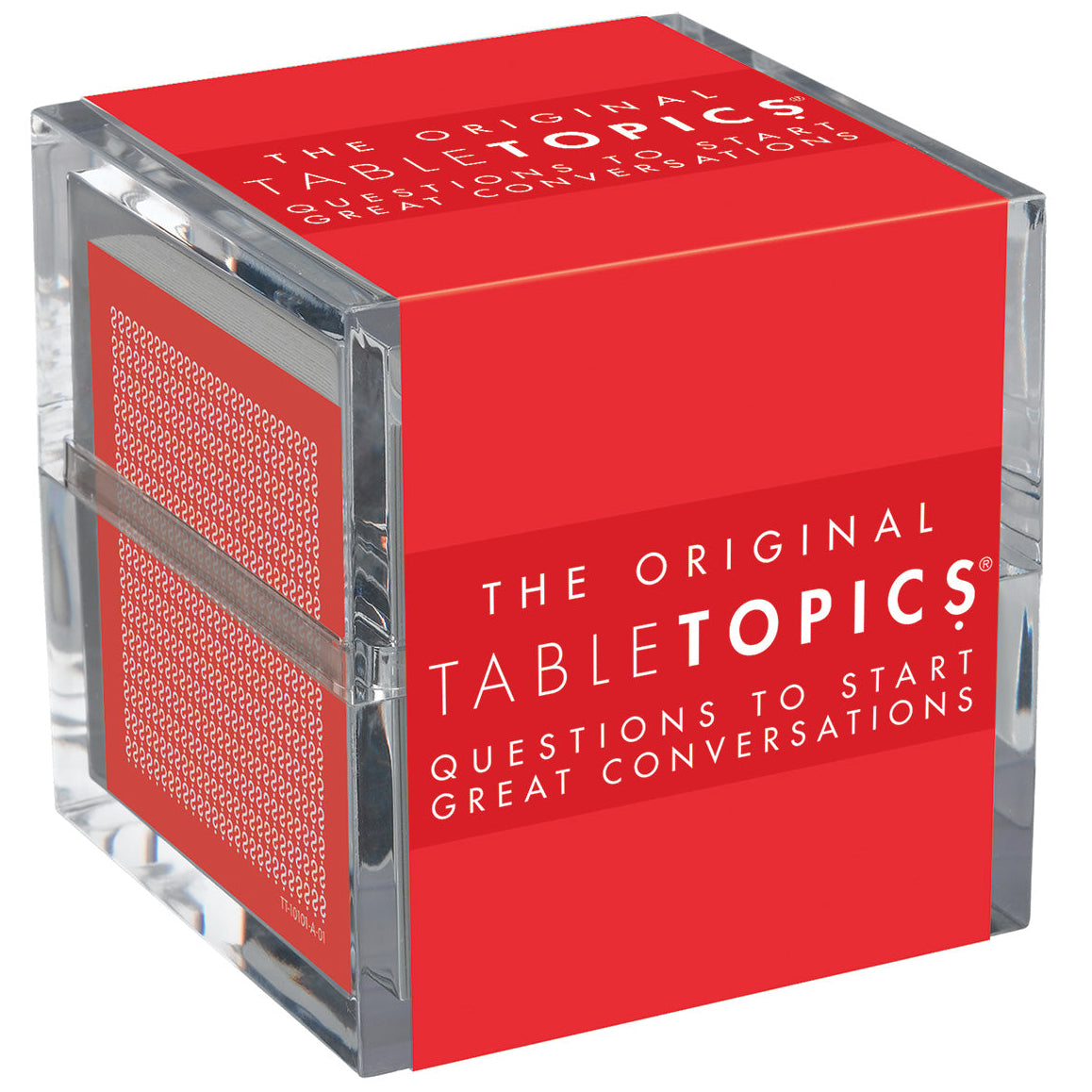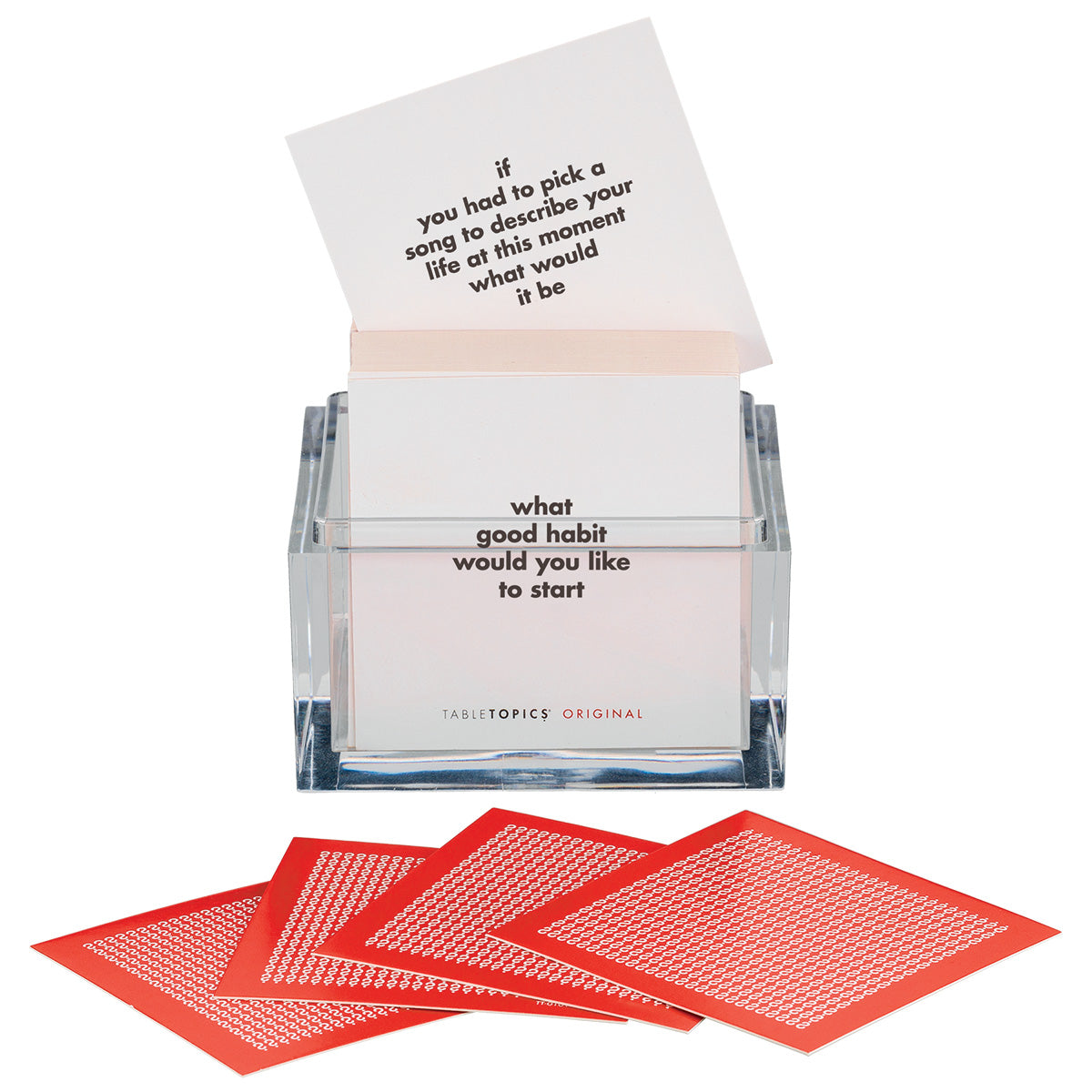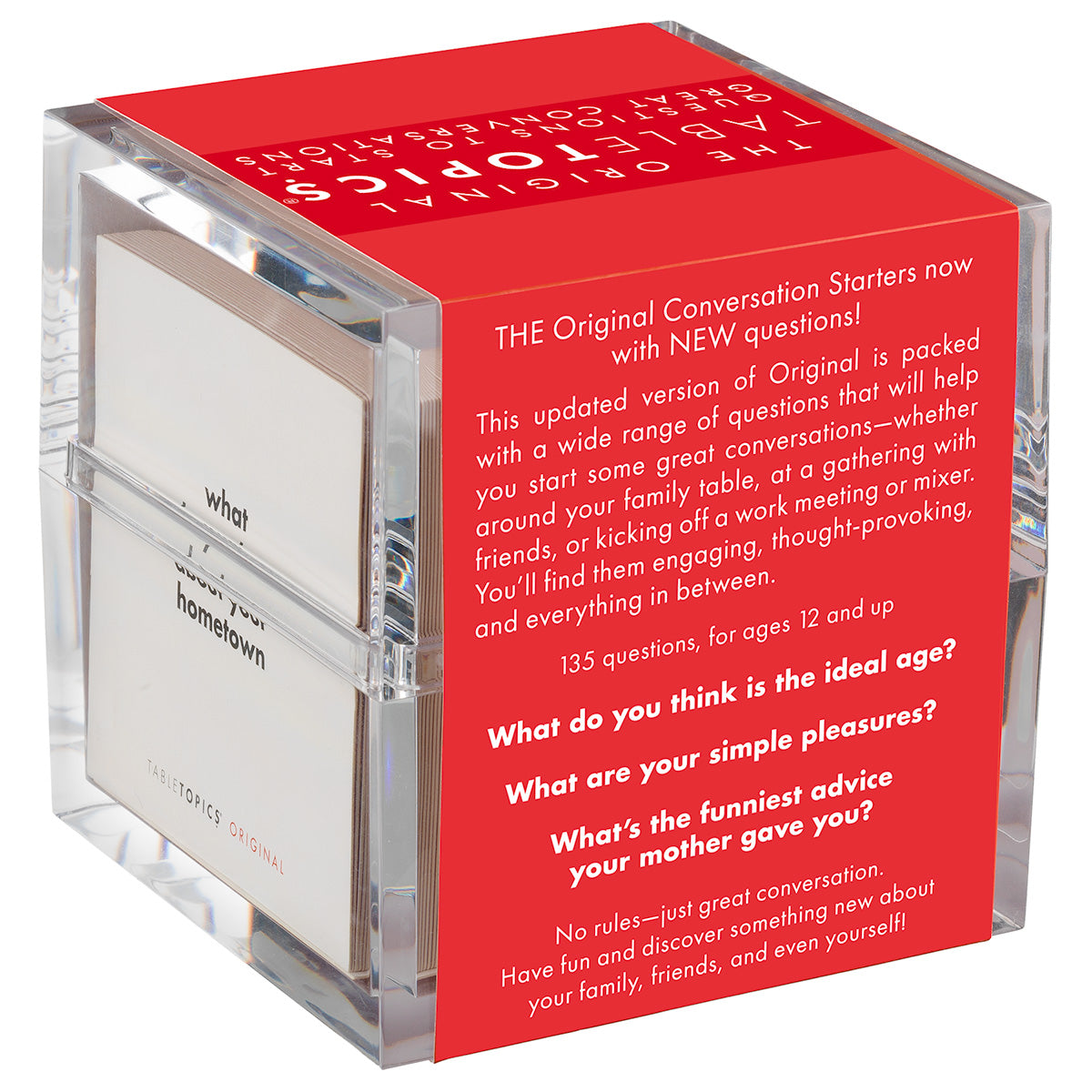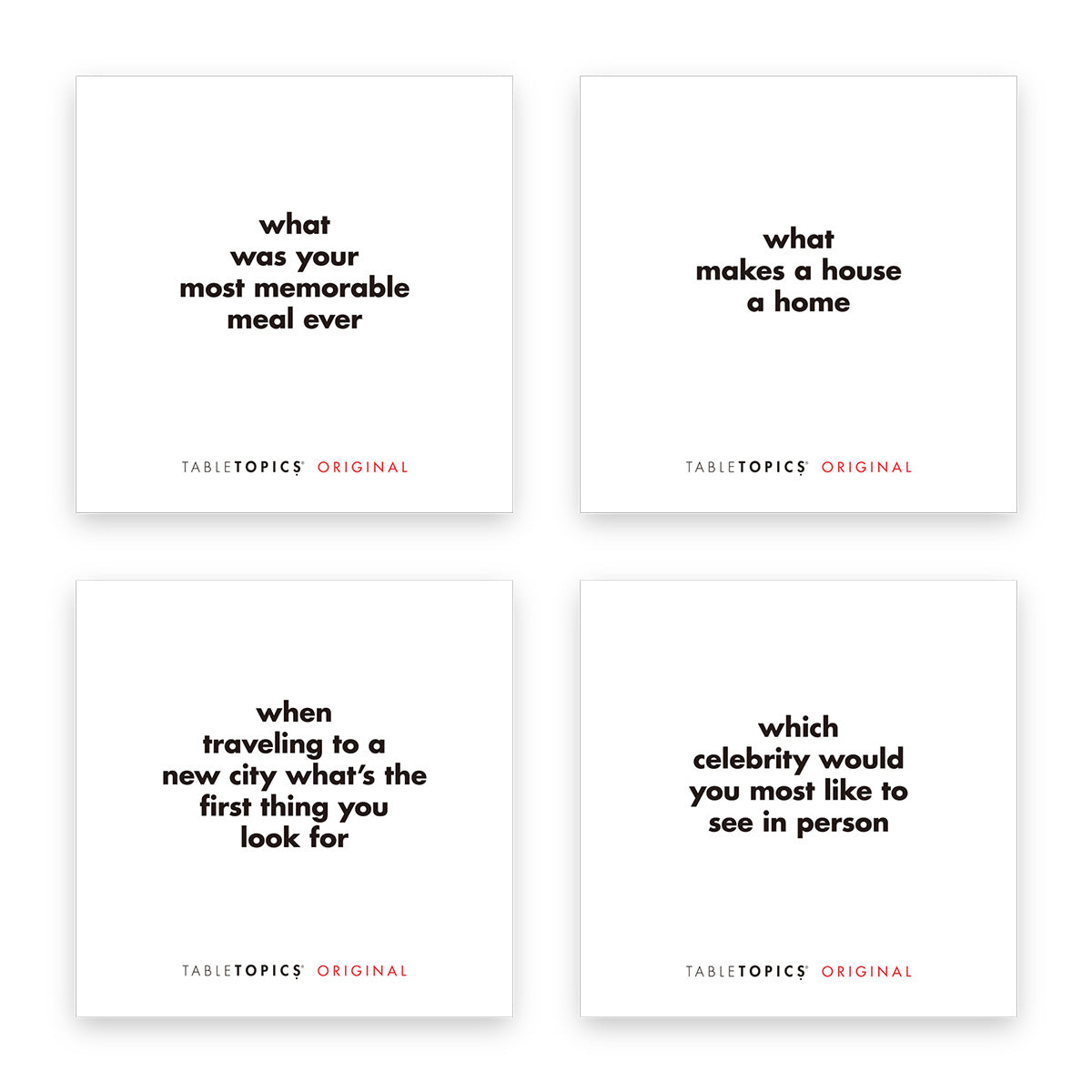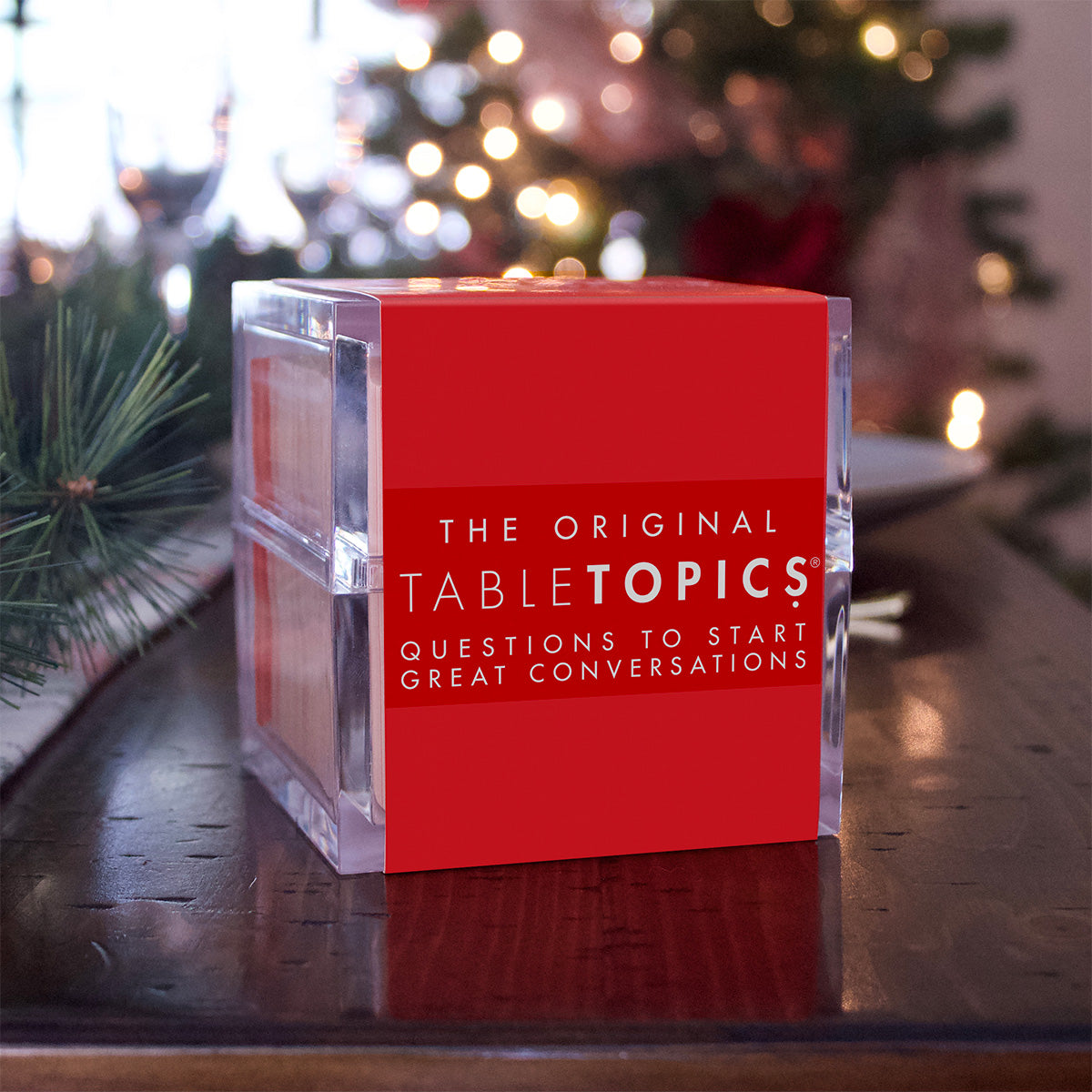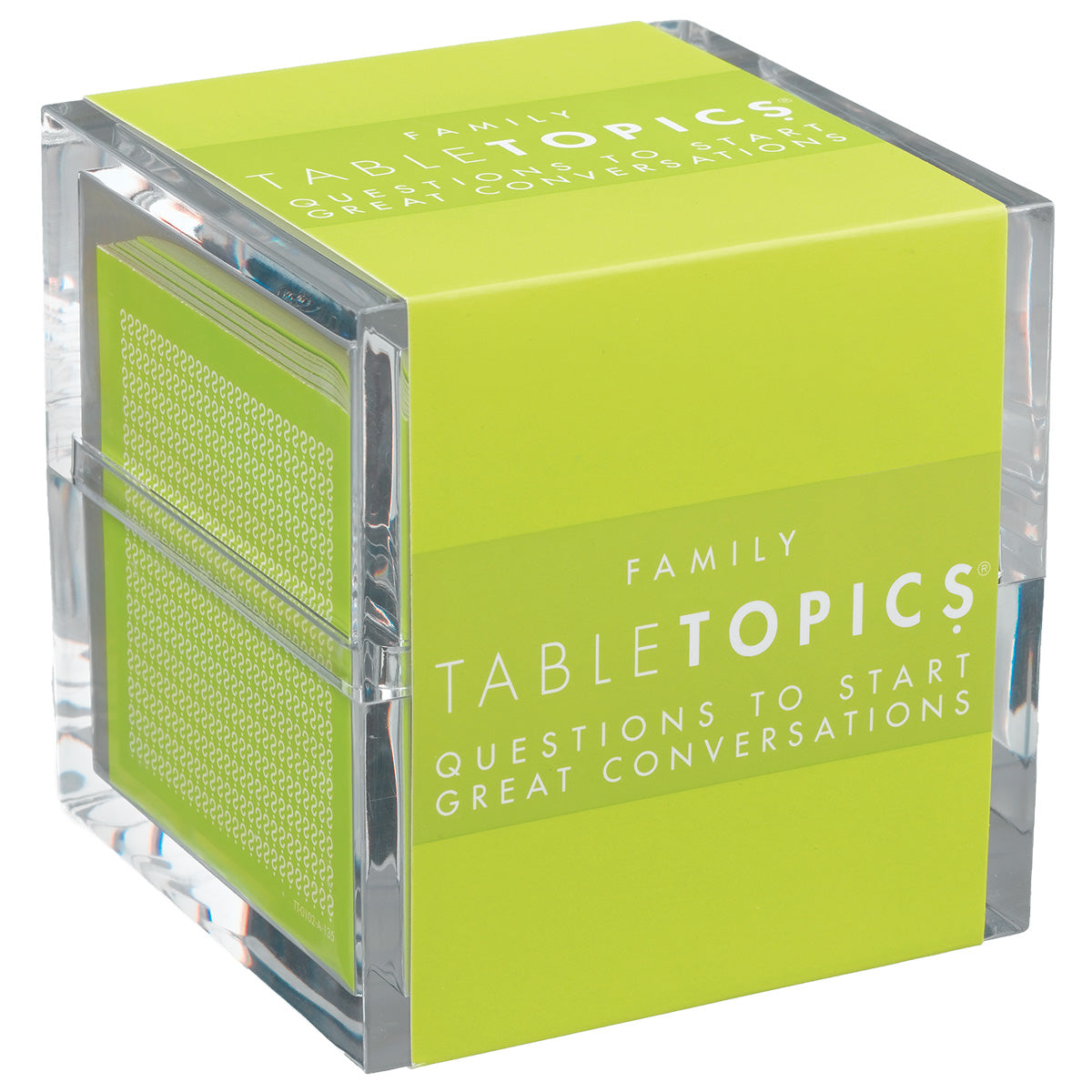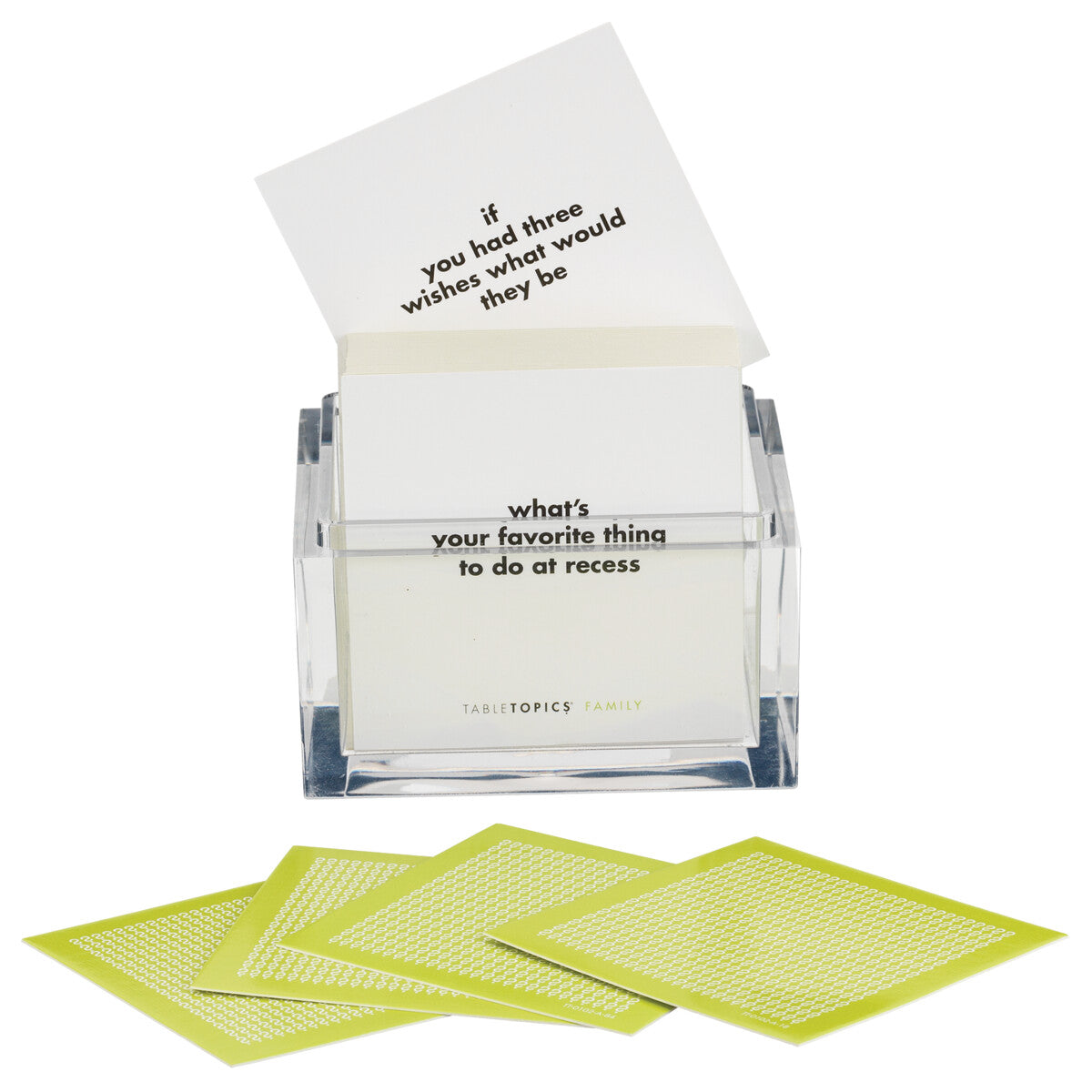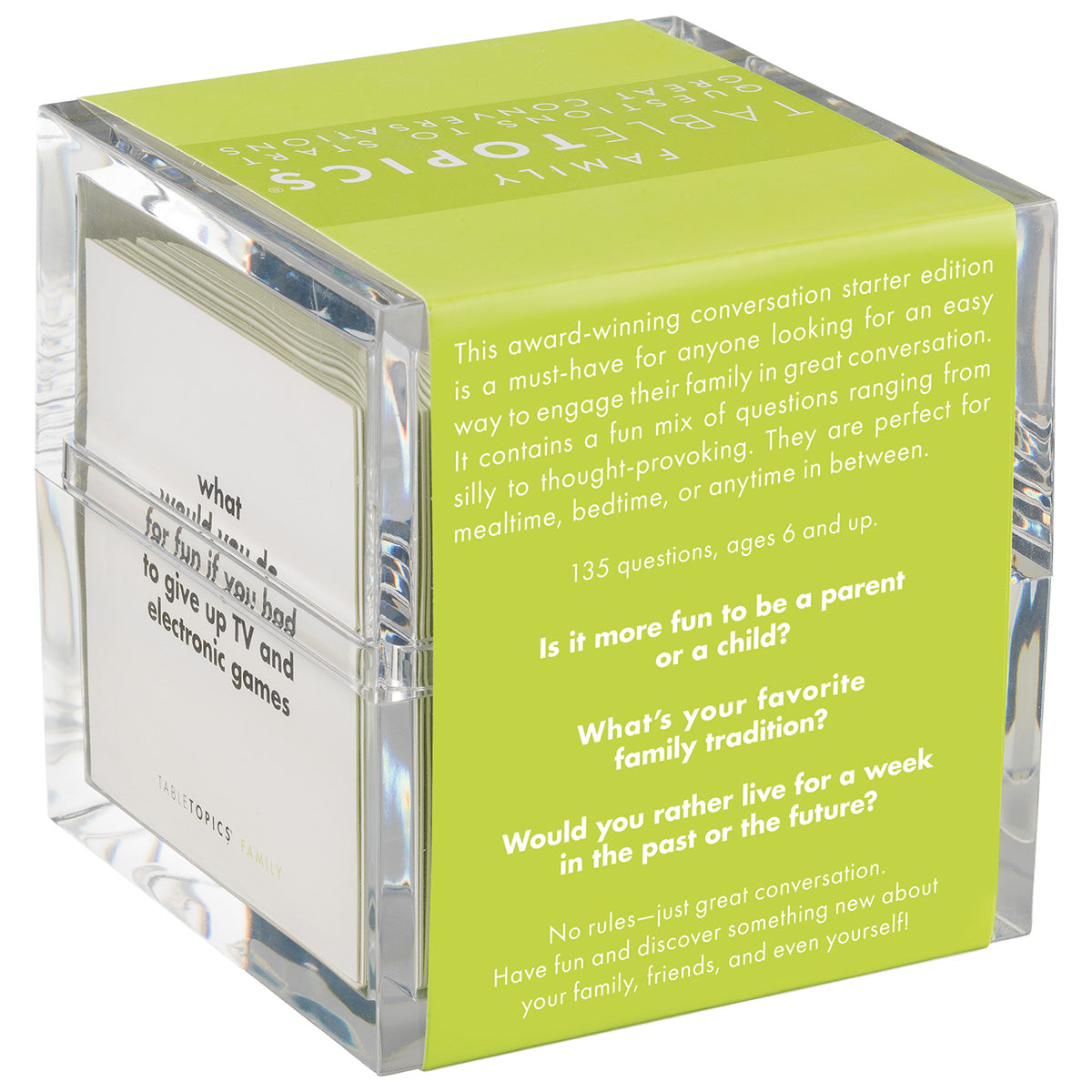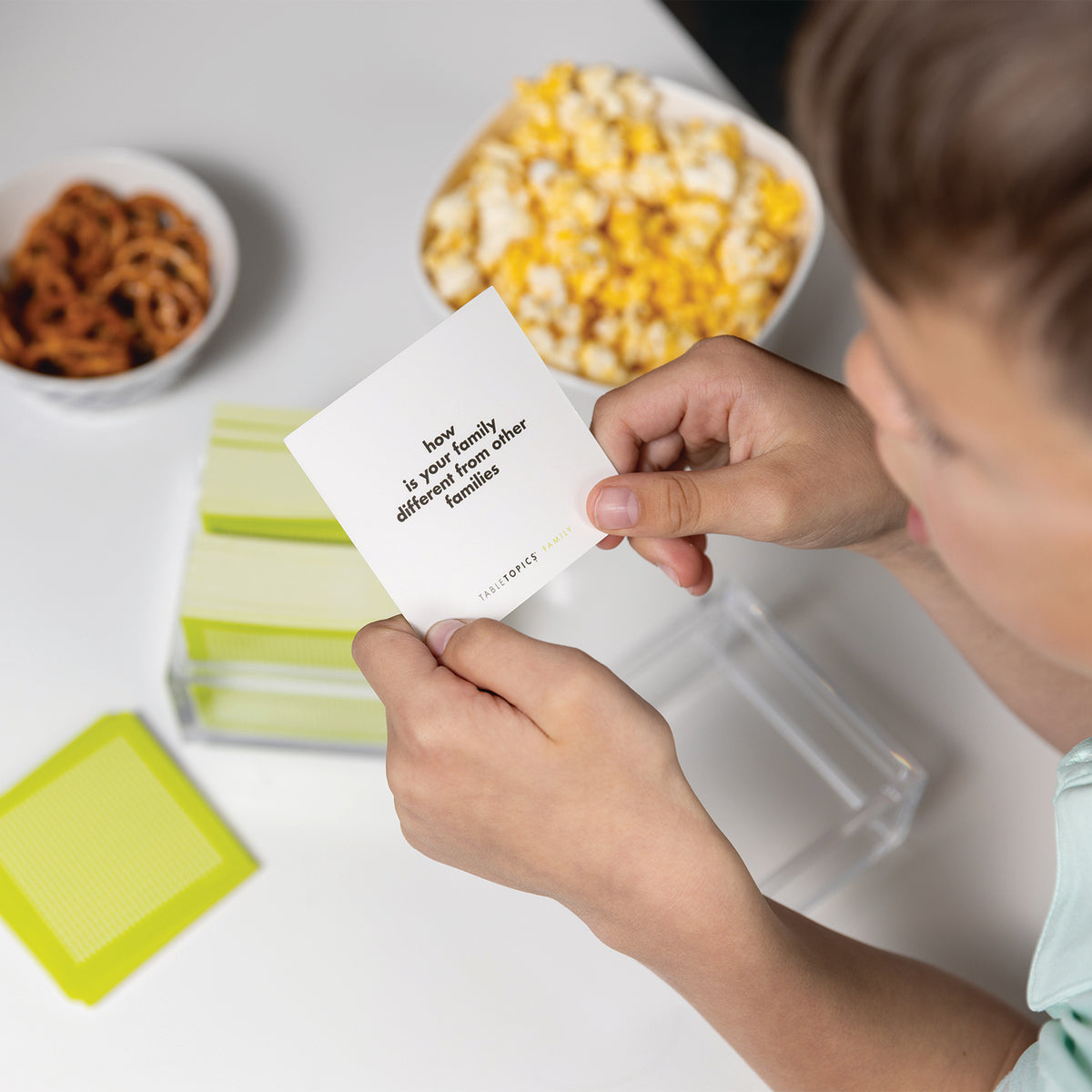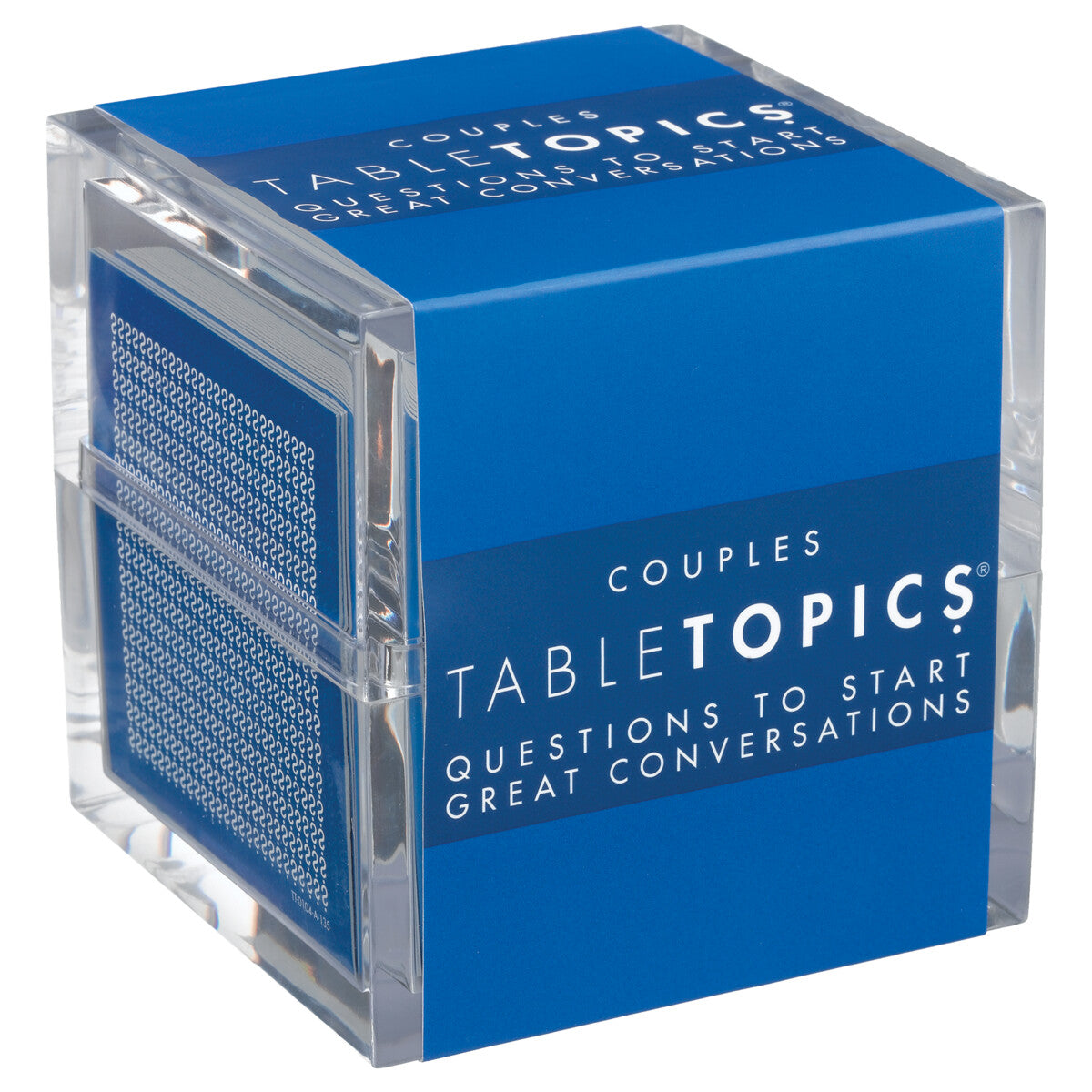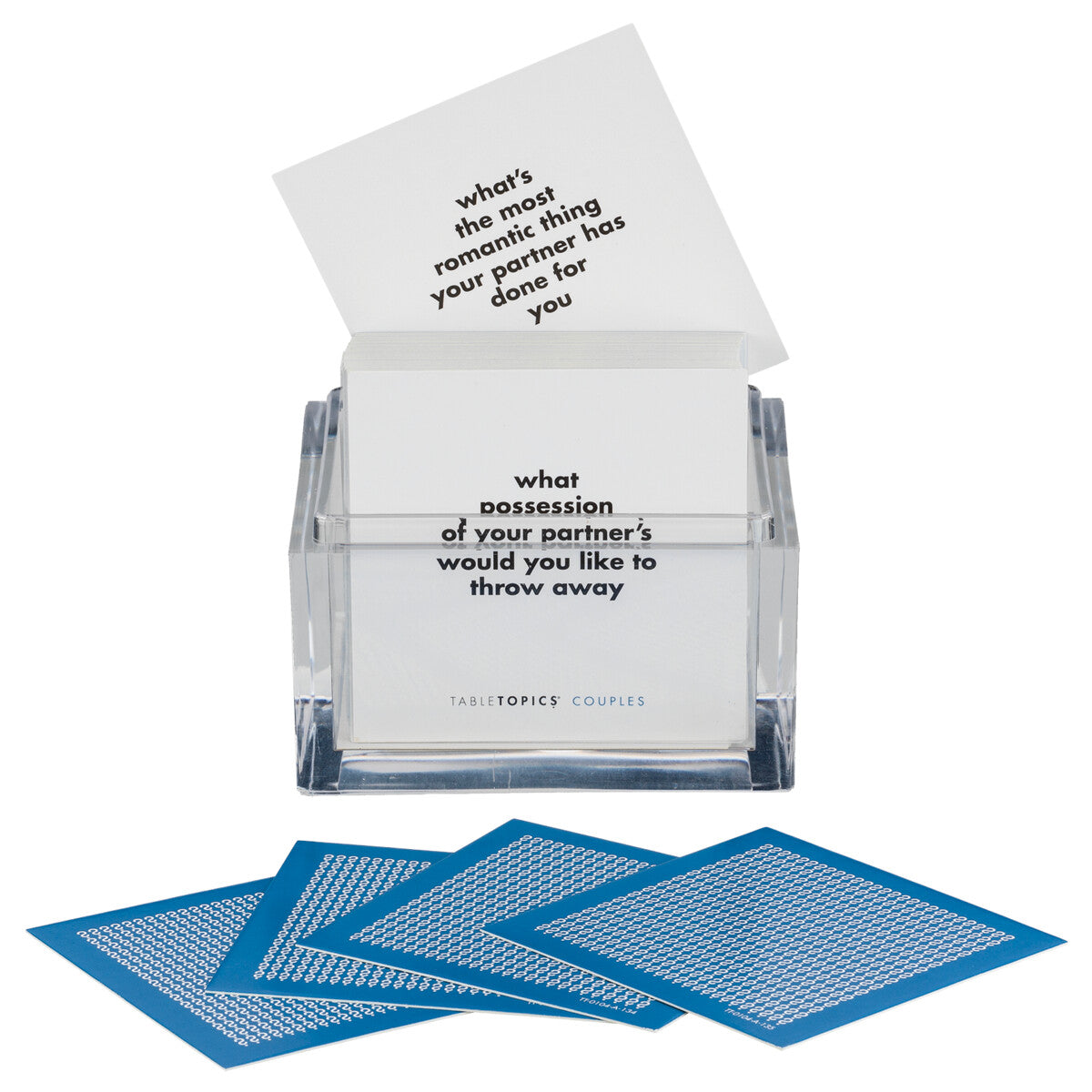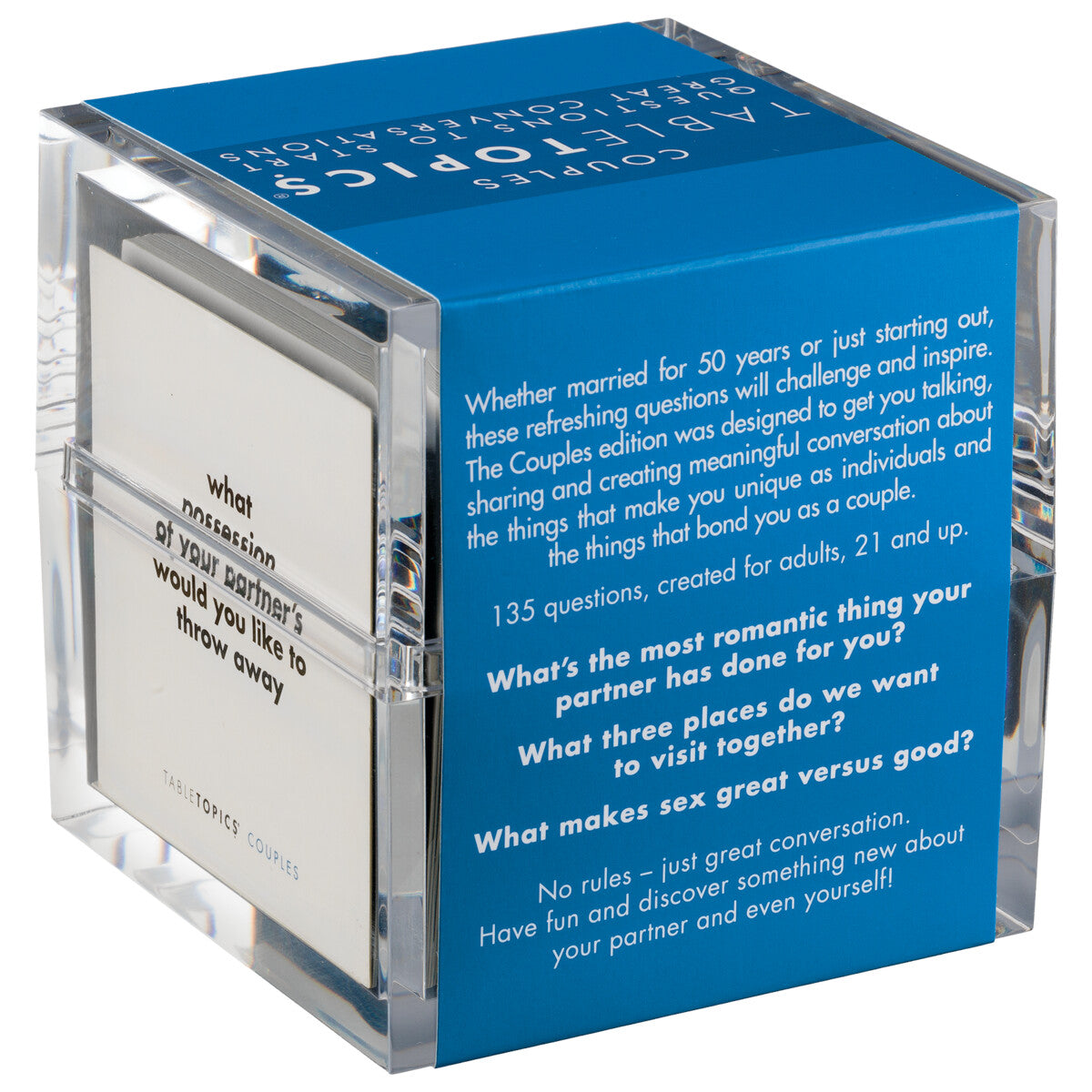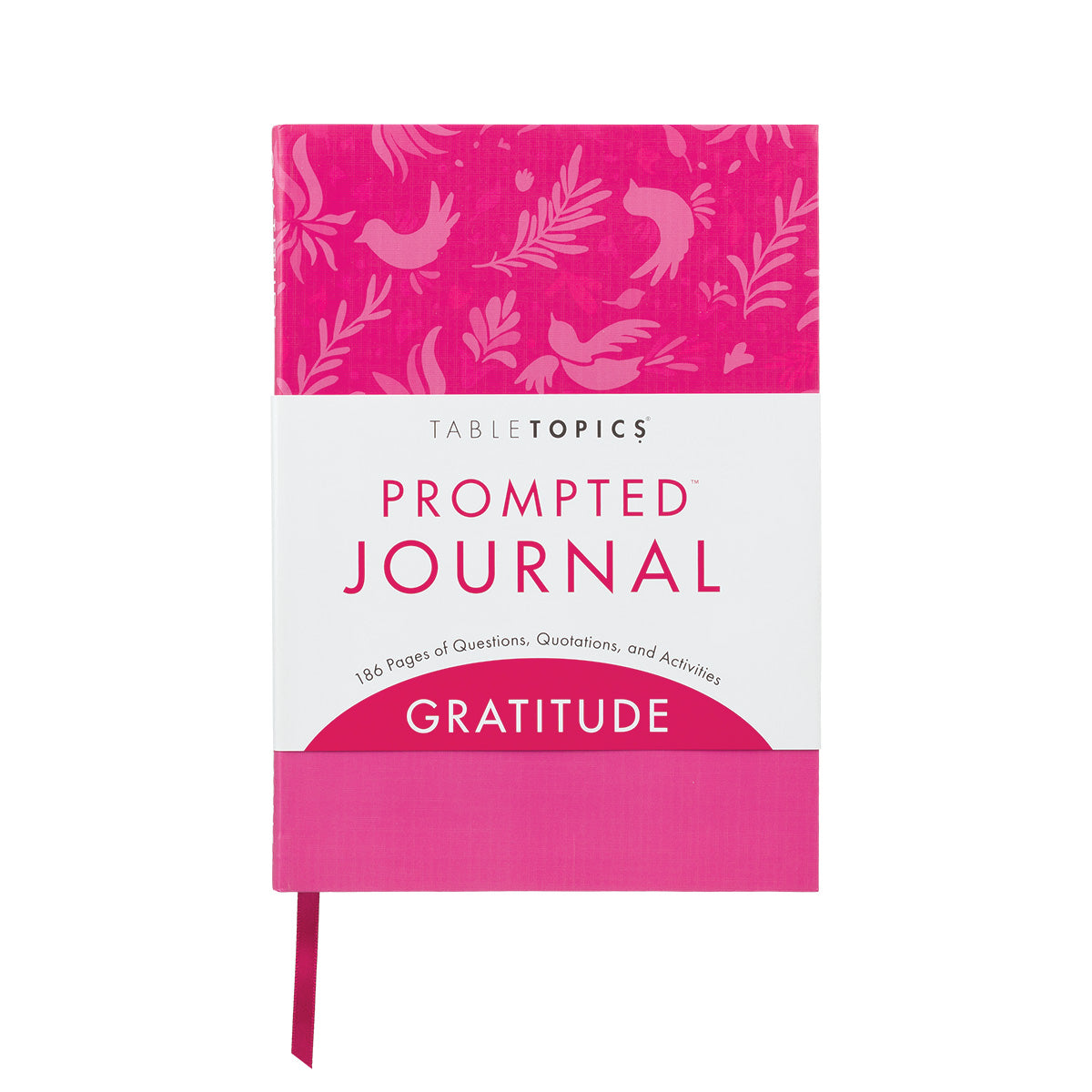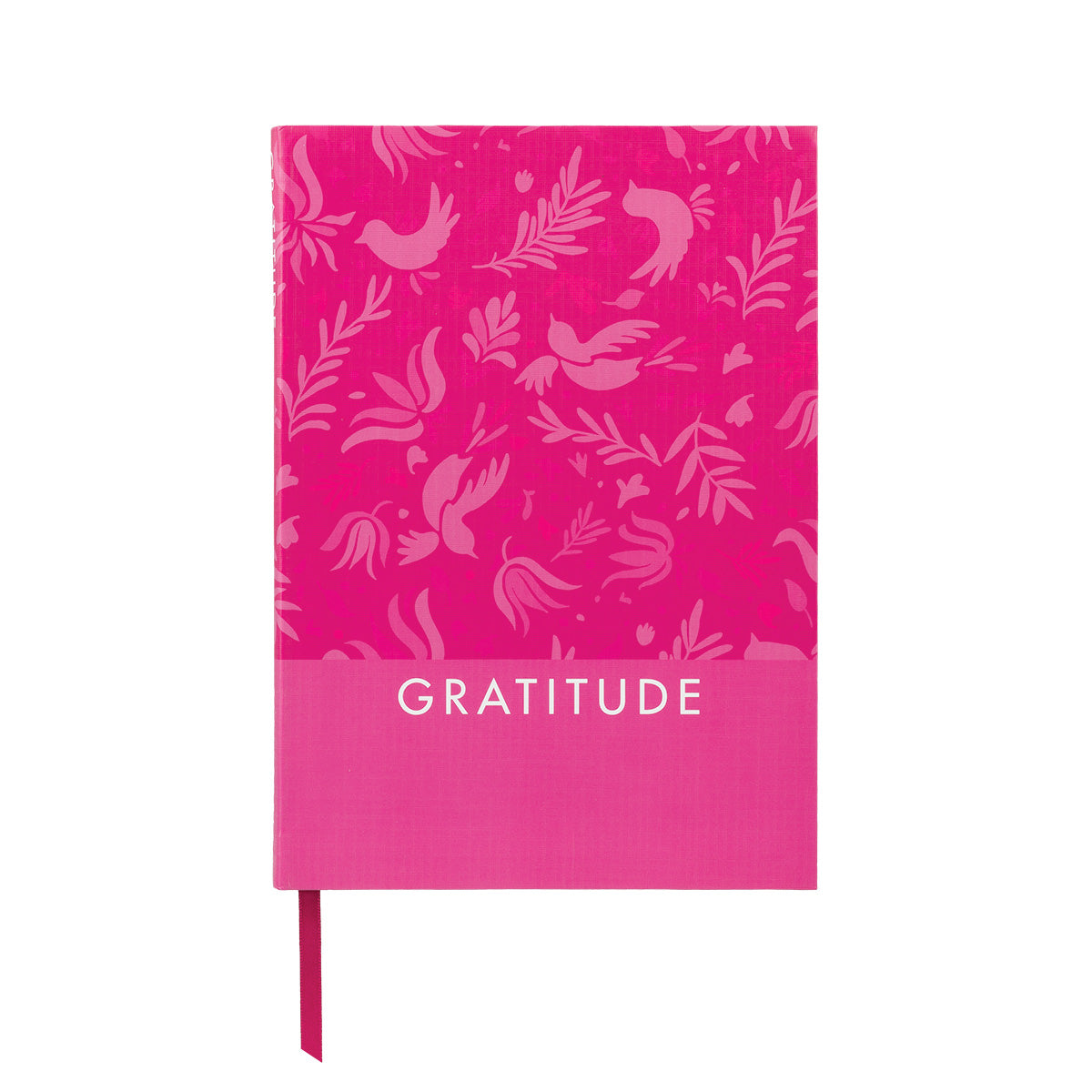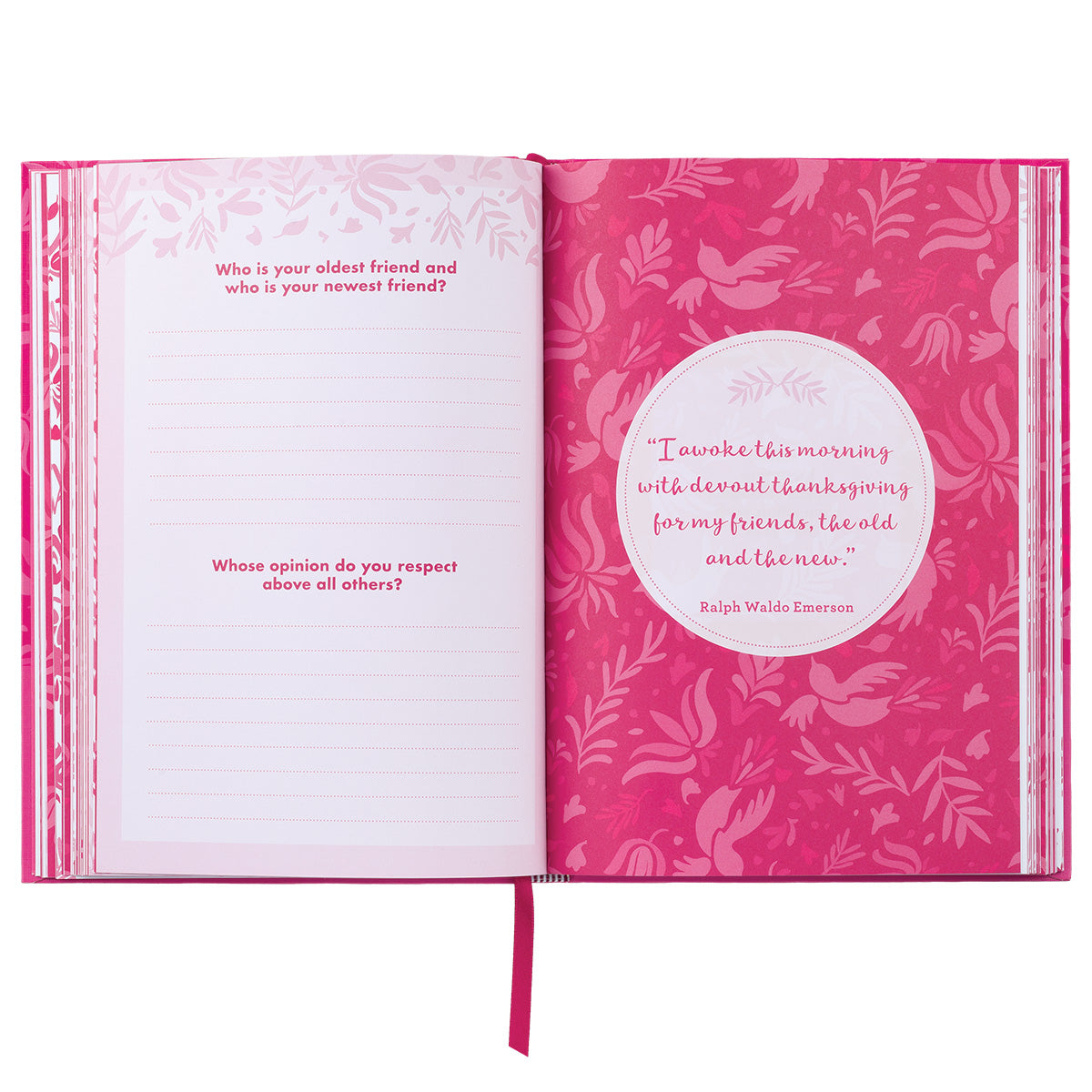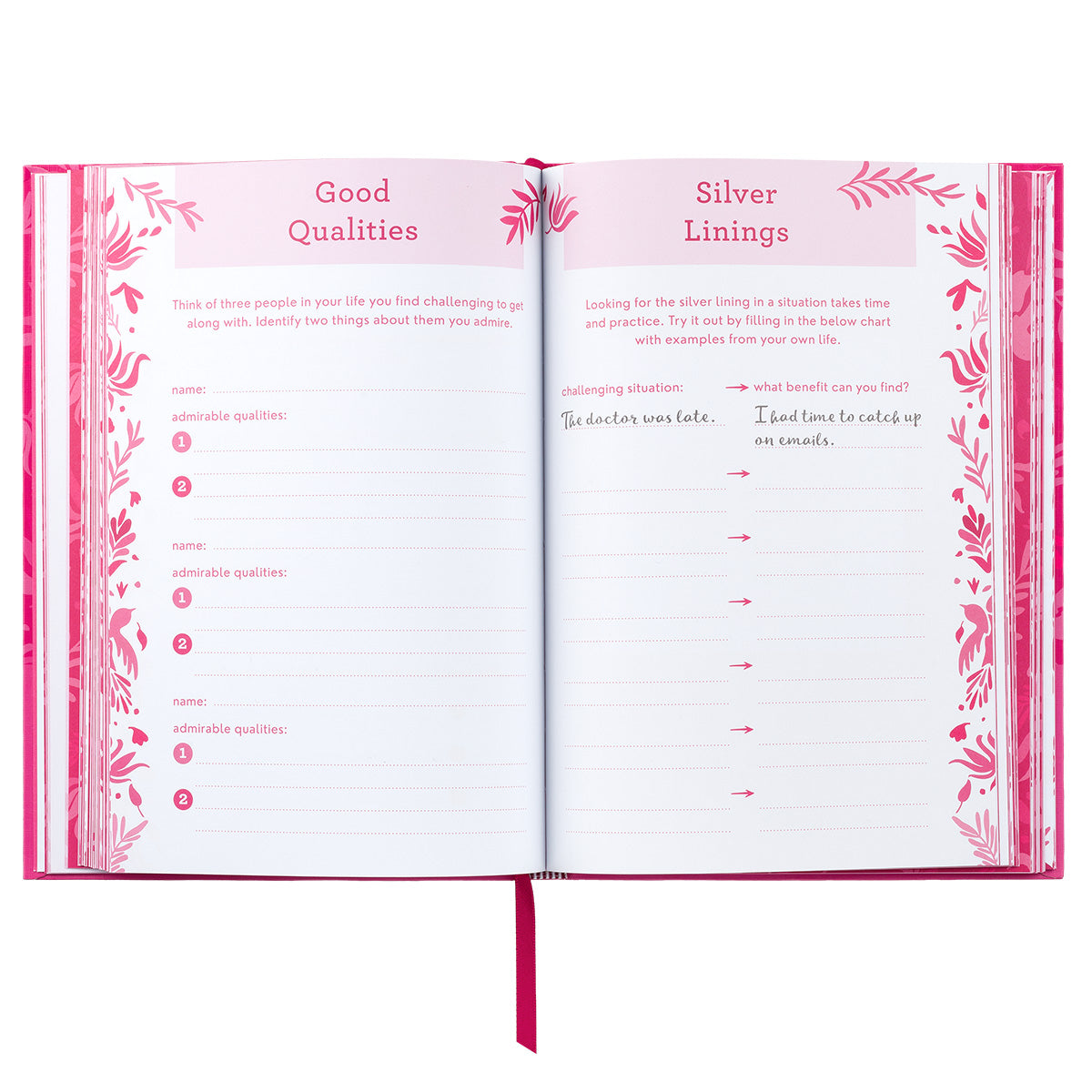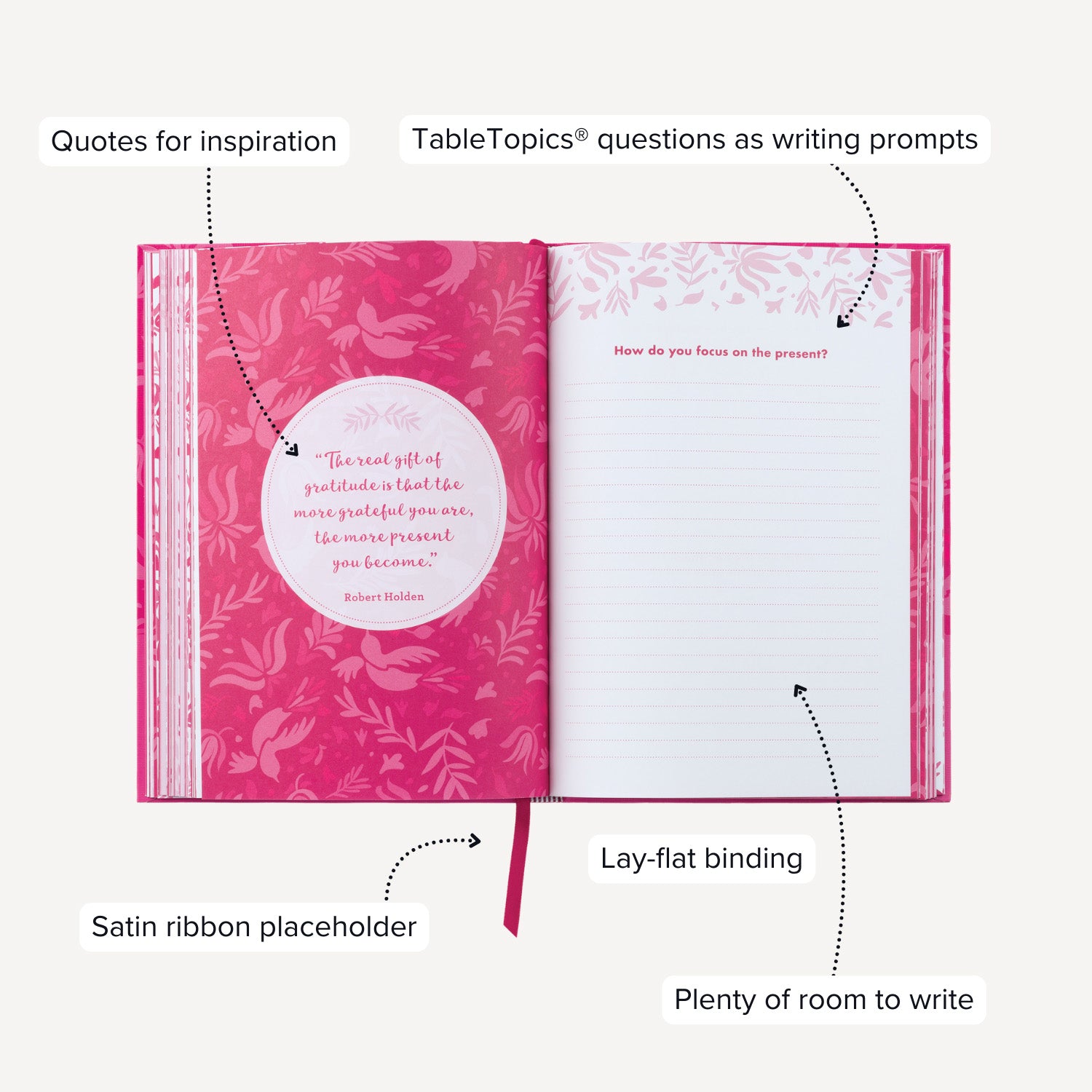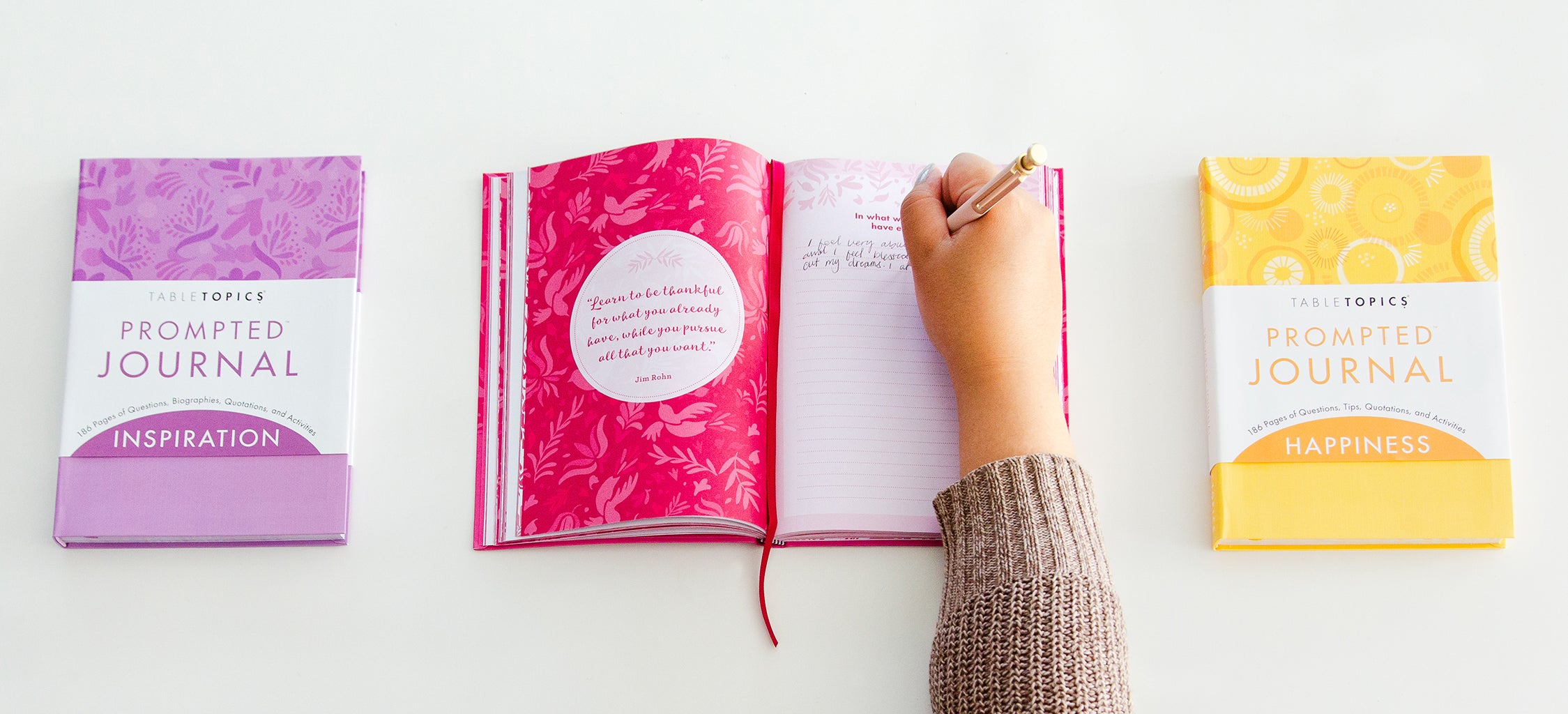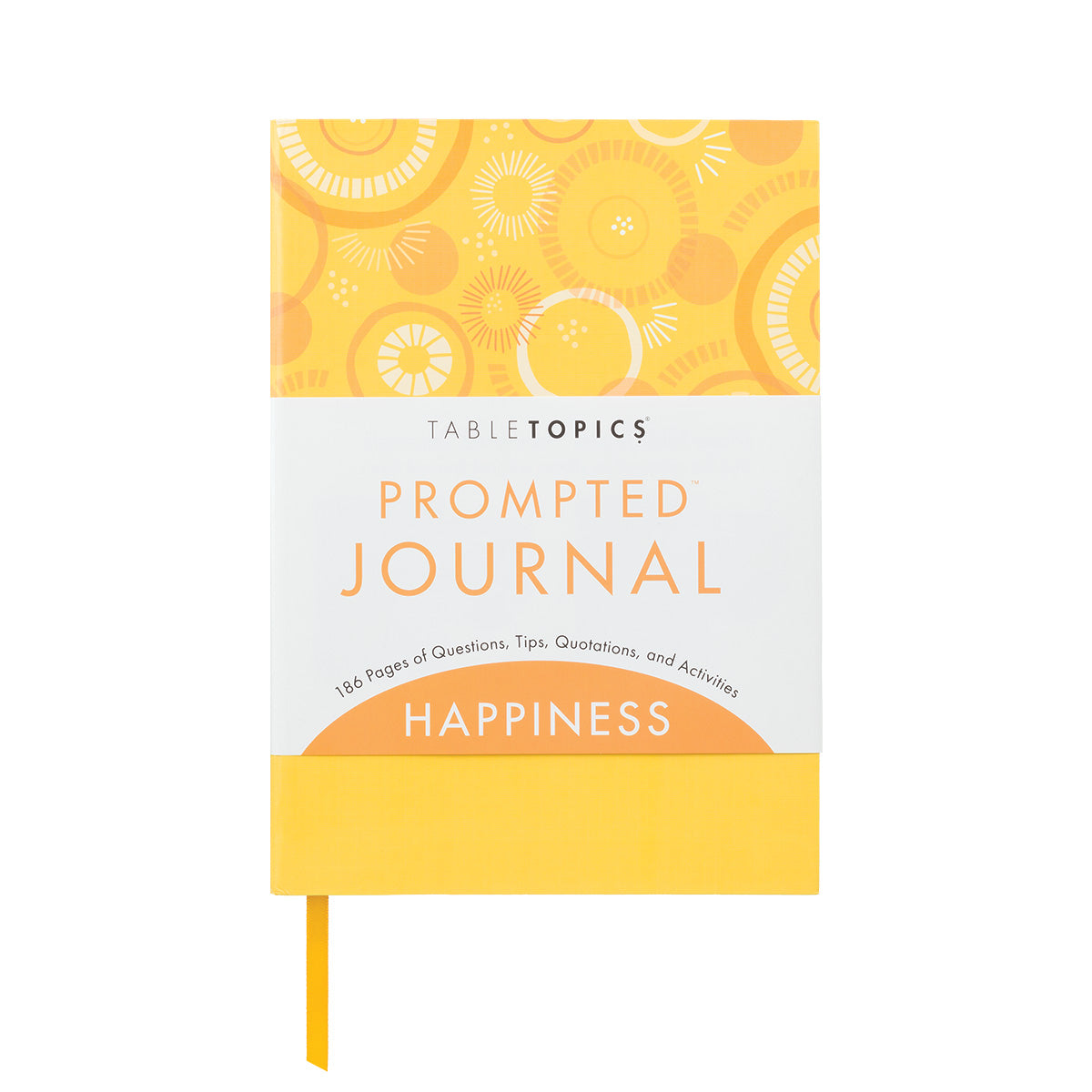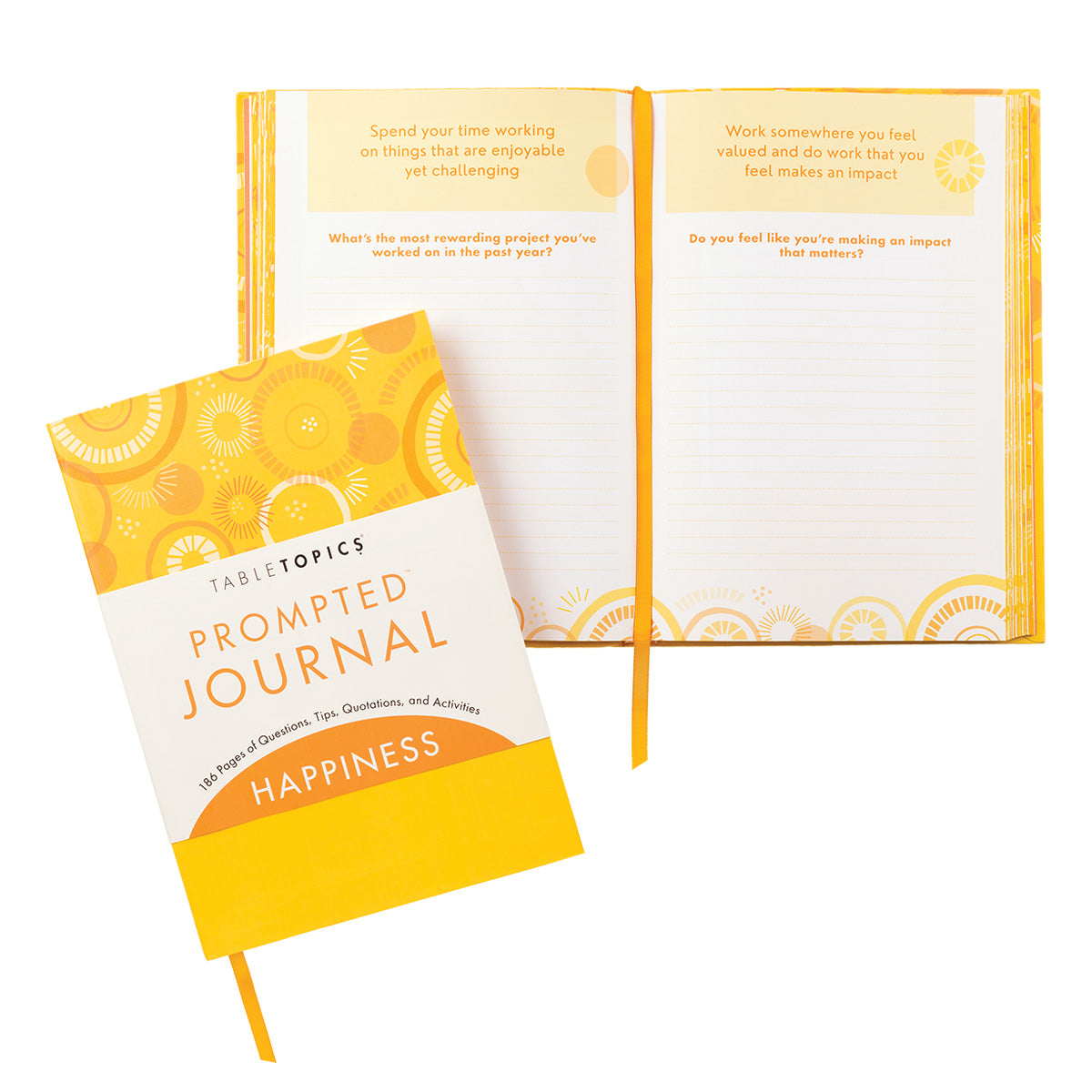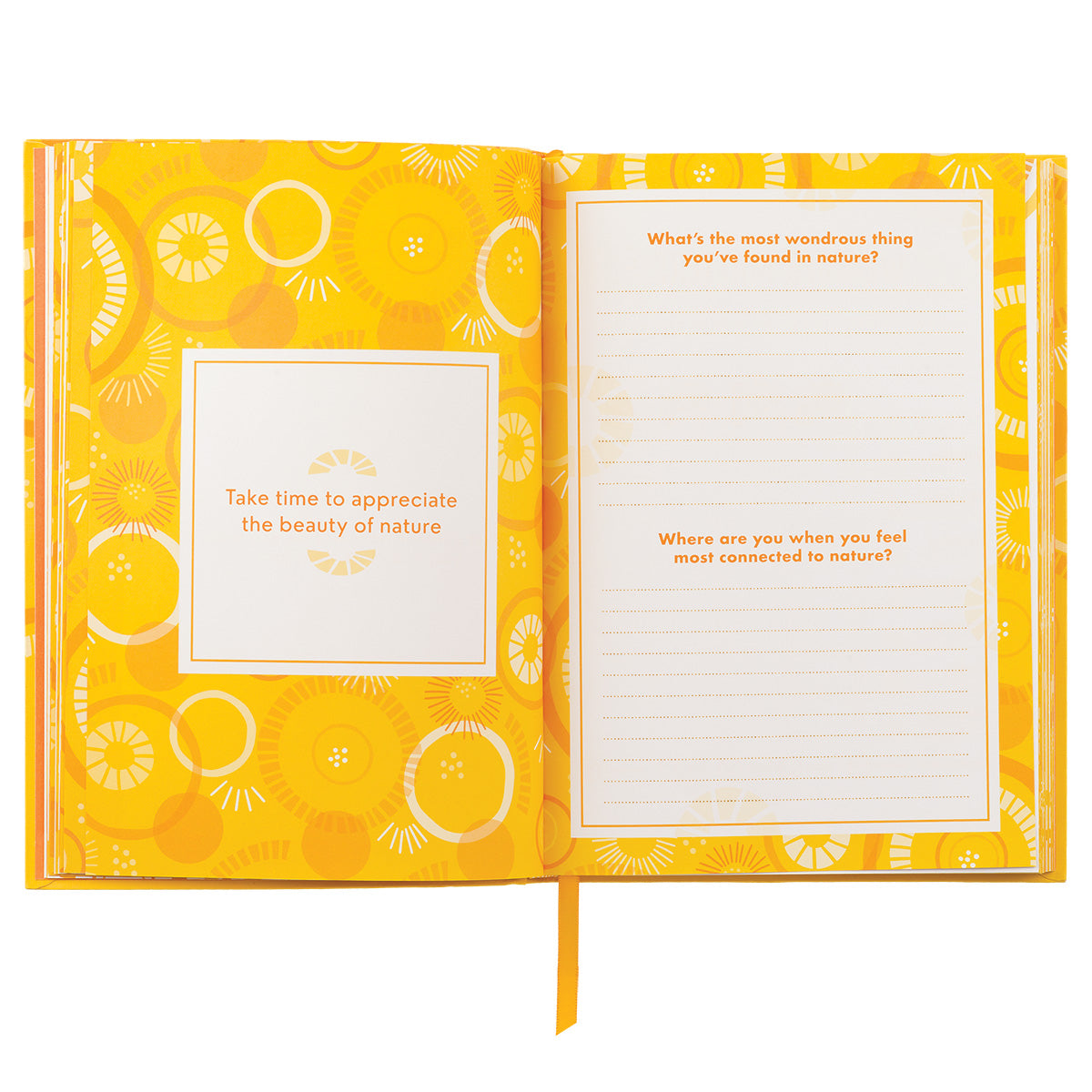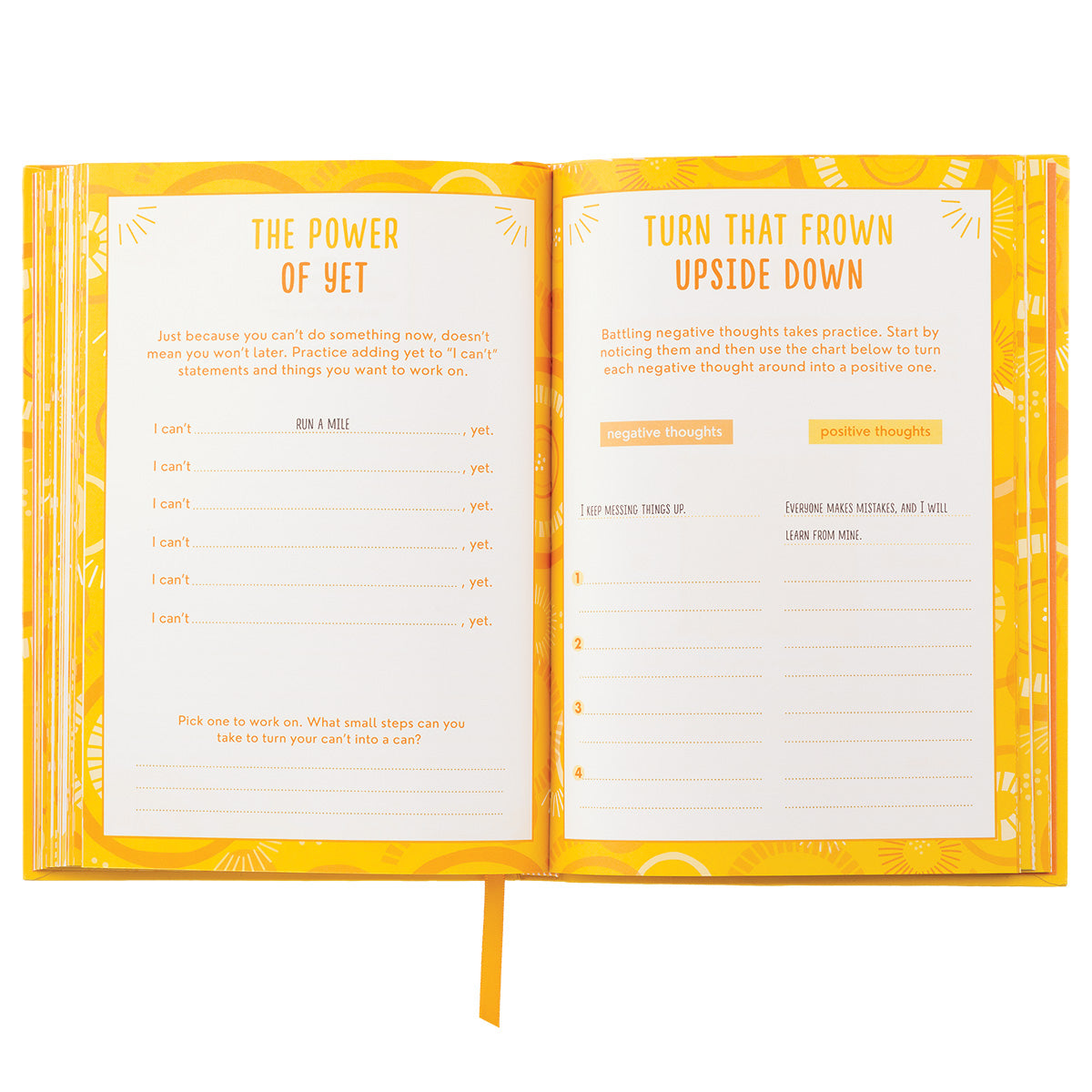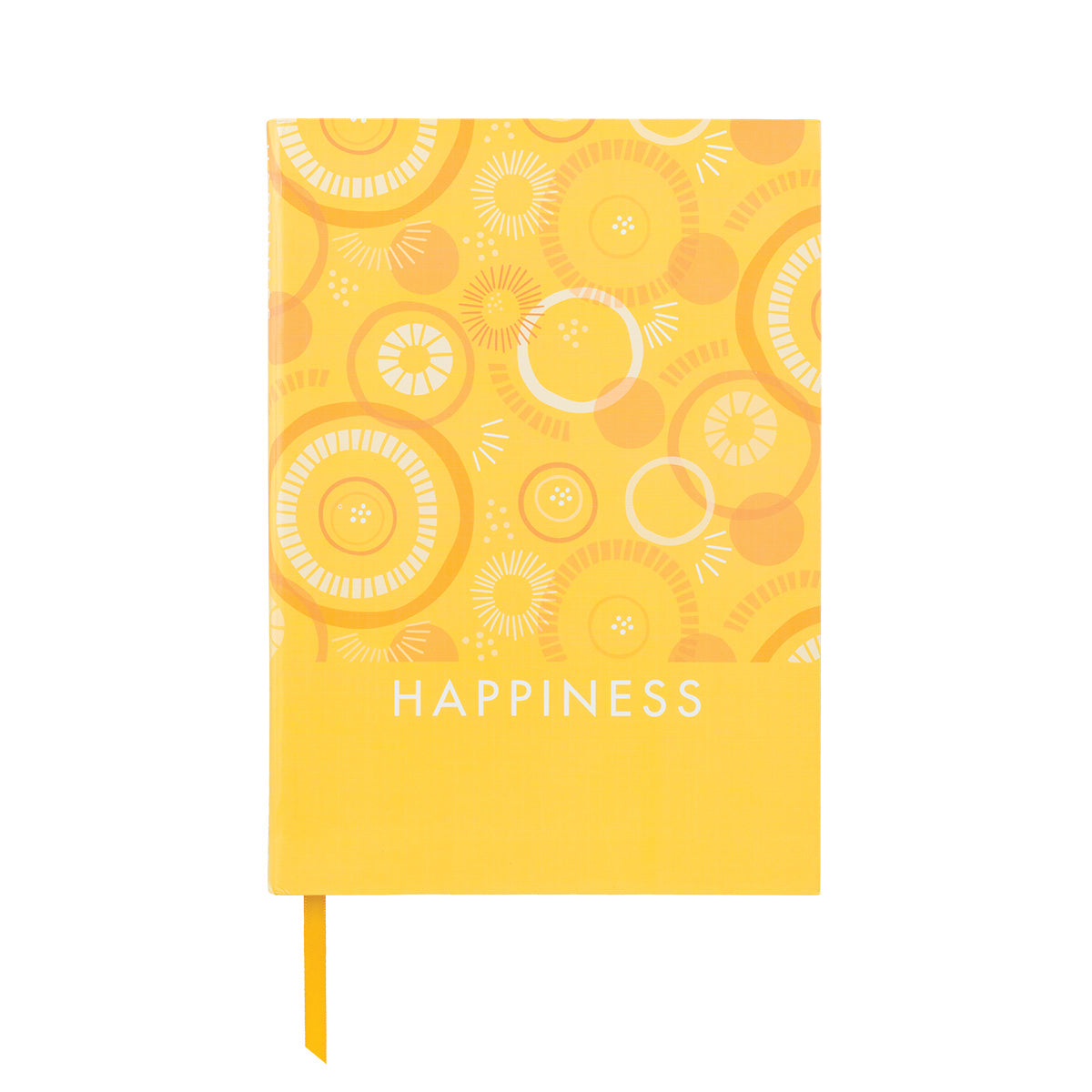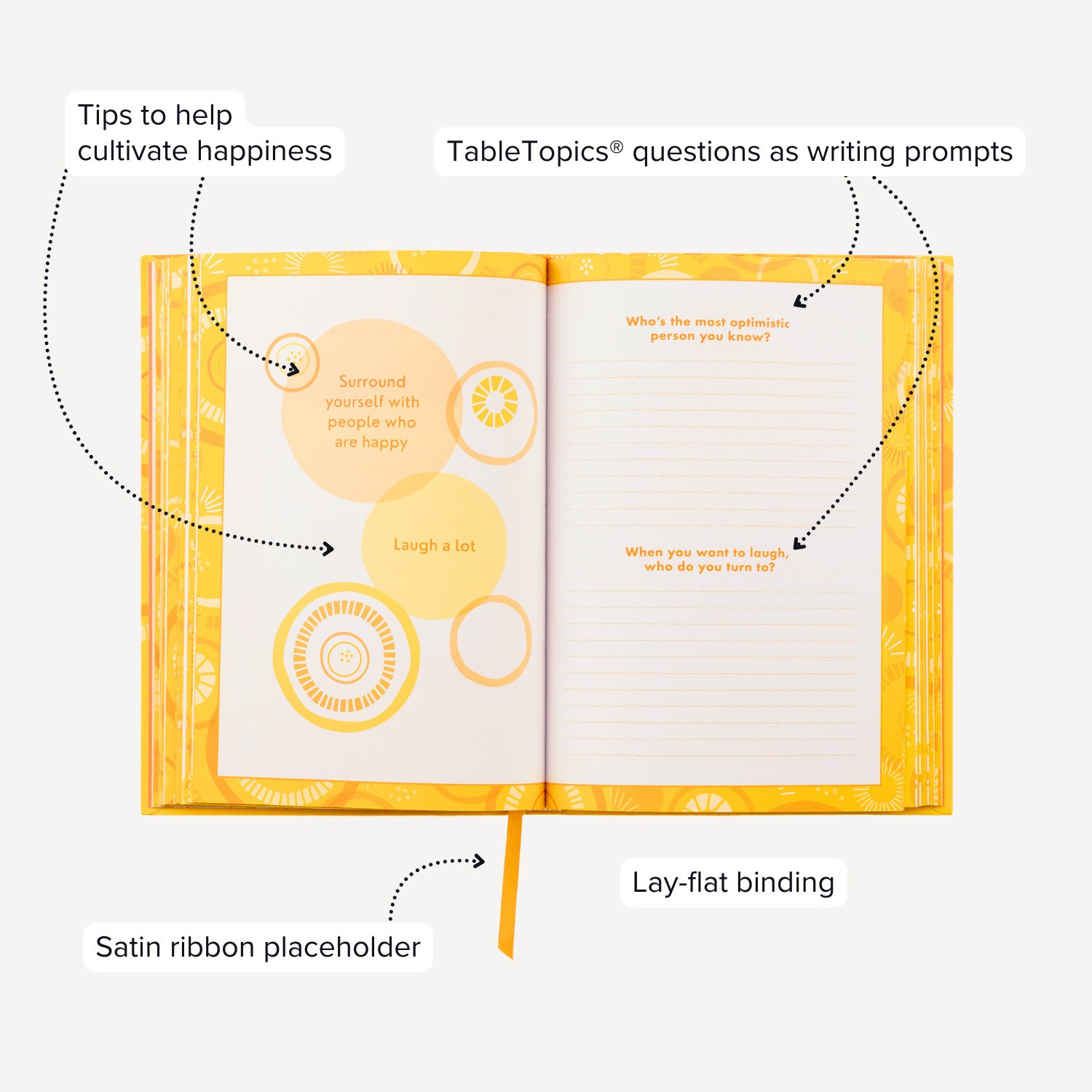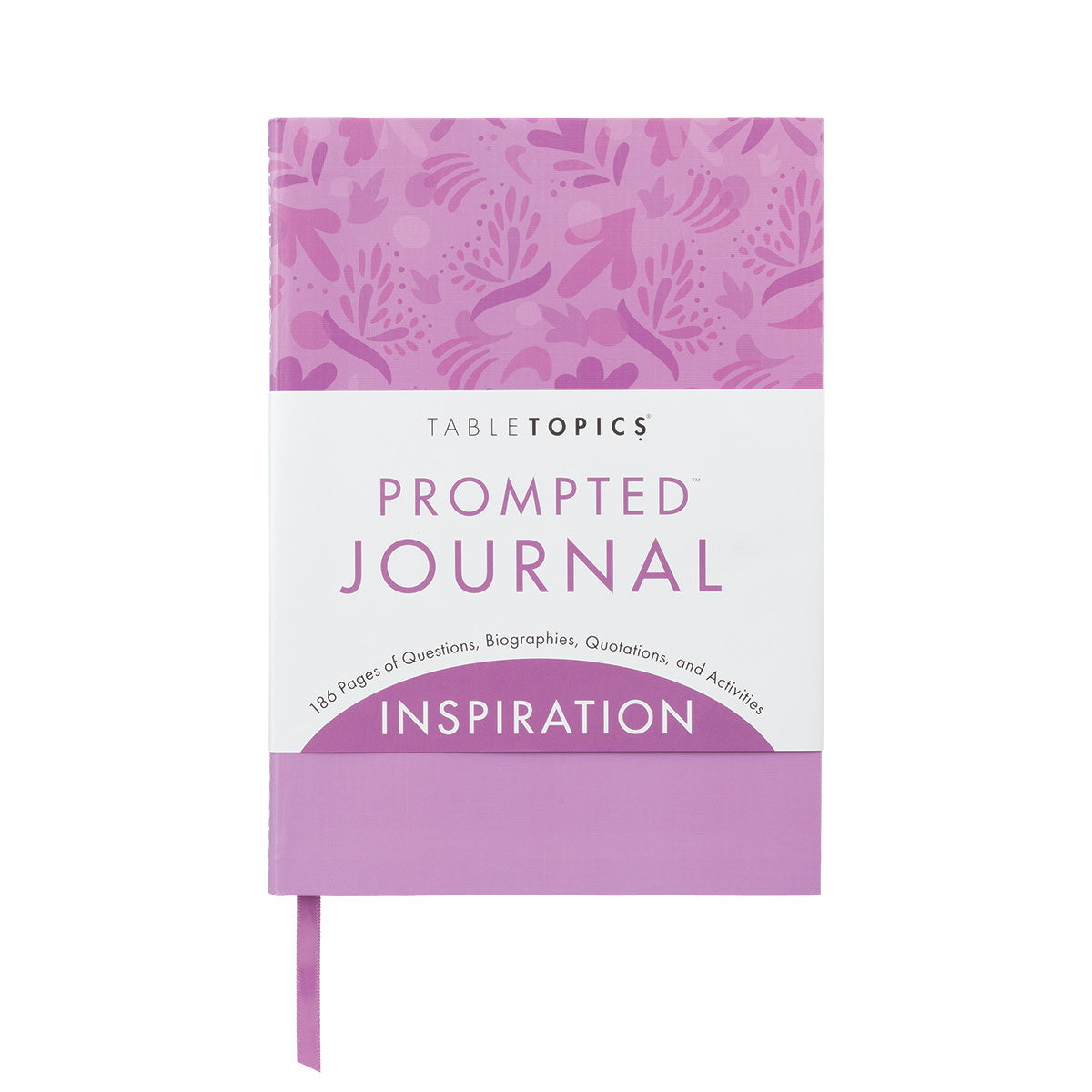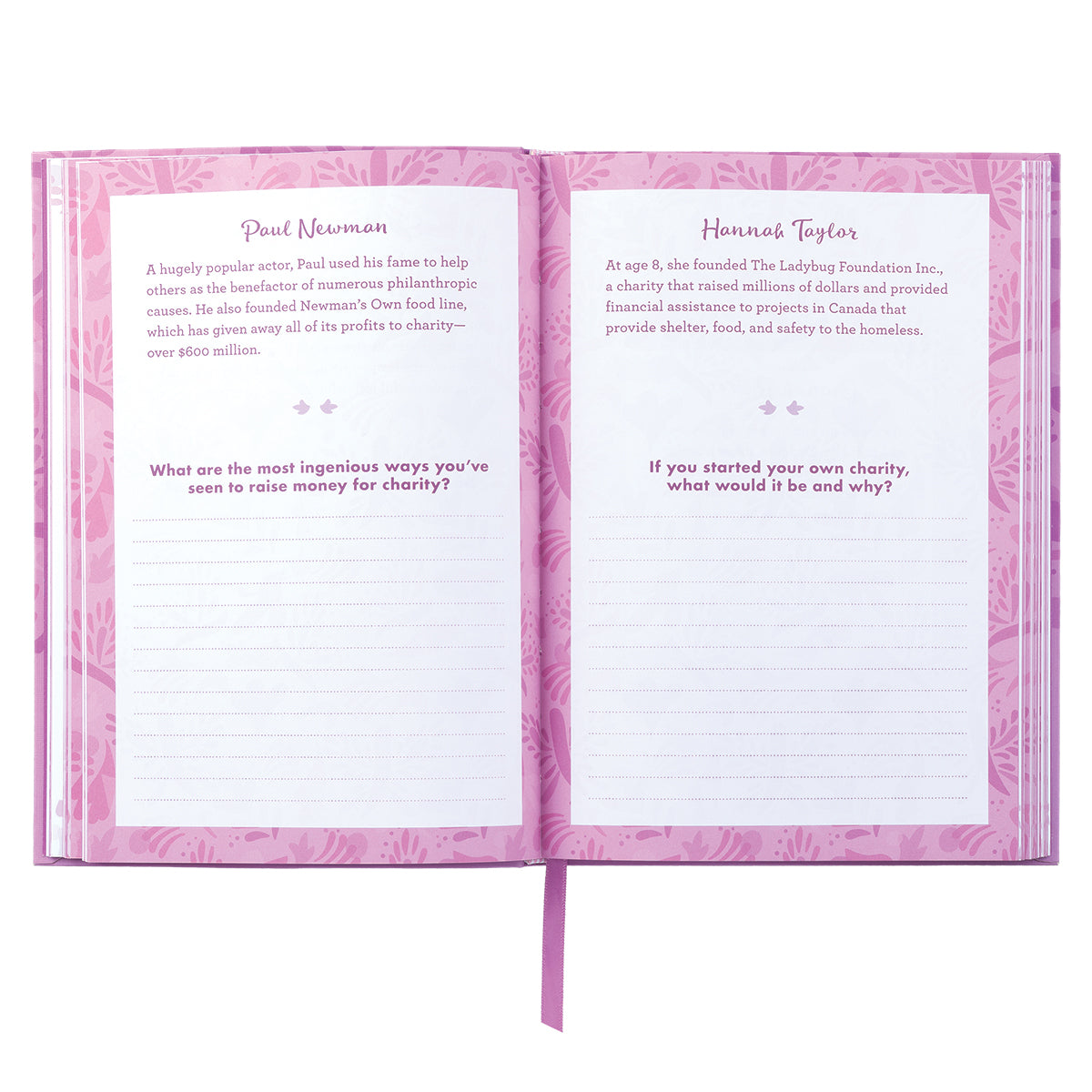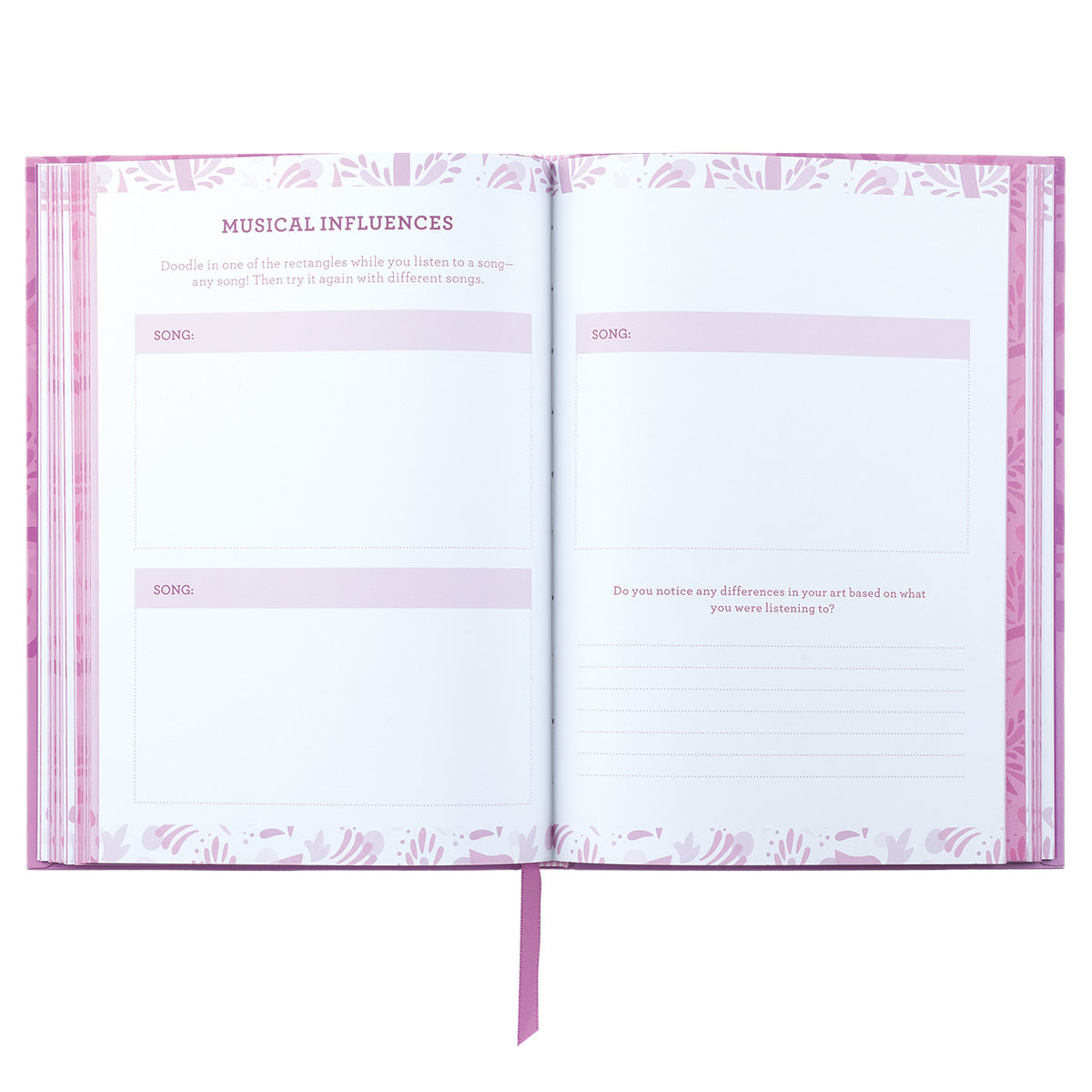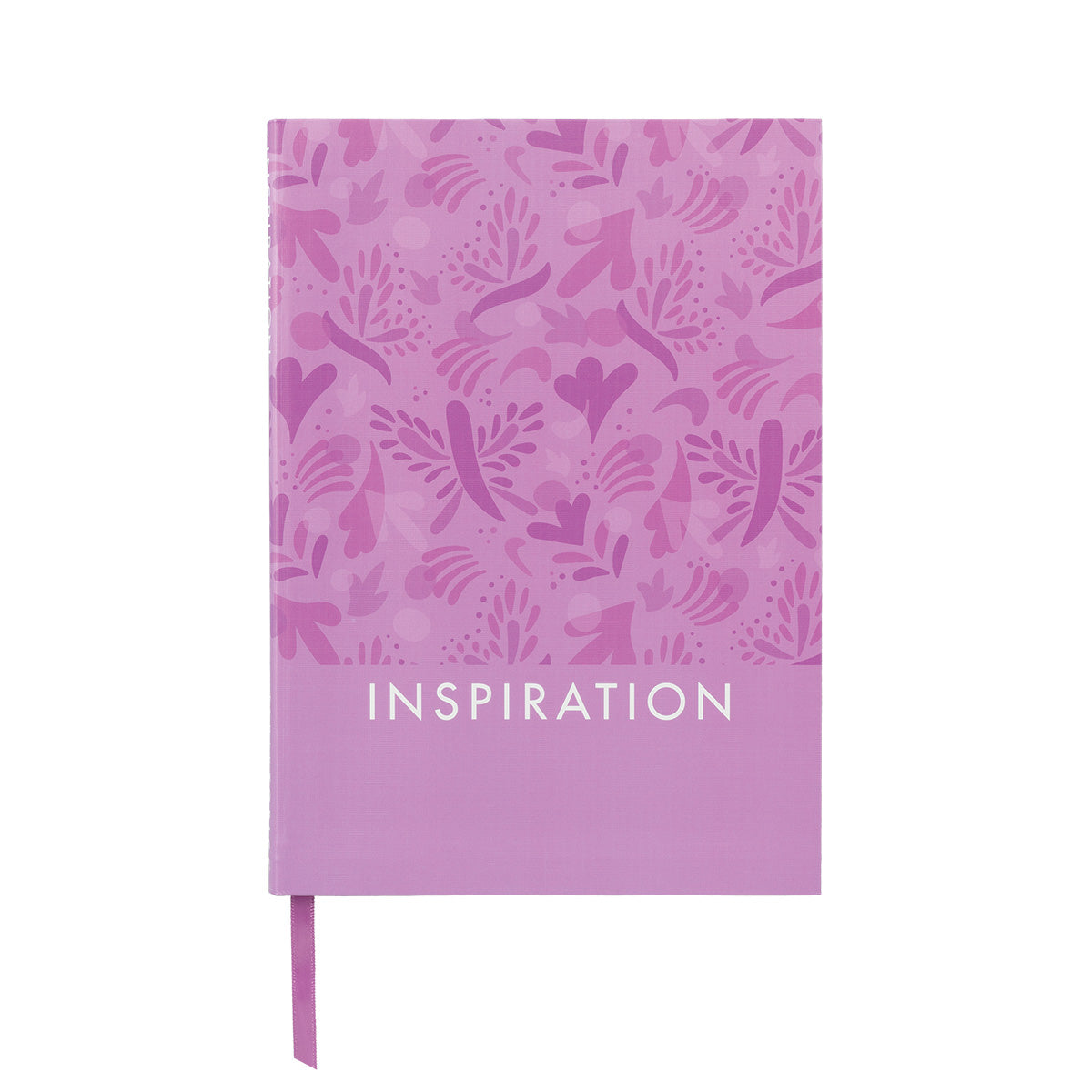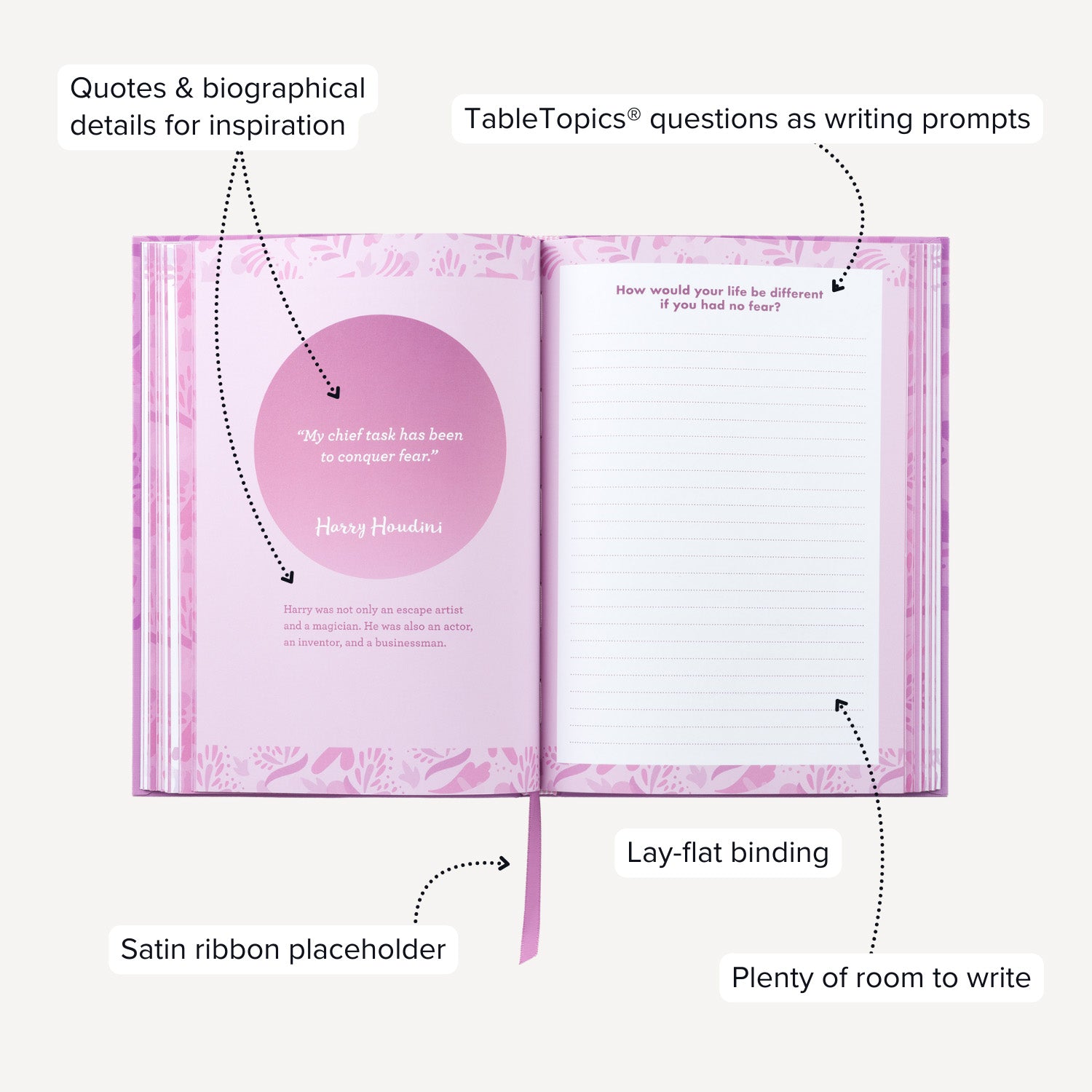Would you like to develop better self-awareness? Do you need a way to organize what’s on your mind? Consider joining the time-honored tradition of journaling.
Many esteemed authors, including Virginia Woolfe, Susan Sontag, Ralph Waldo Emerson, and John Steinbeck, all regularly journaled to help them gather their thoughts. But you don’t have to be a writer—even beginners can start a journaling practice to help boost self-discovery and personal growth.
In addition, current scientific research has found that journaling has many mental health benefits and even physical health benefits, too. Read on to learn more about starting a journaling habit and the many benefits of journaling can be yours.
Tip #1: Choose your tools
Before you start journaling, you should set yourself up with the right tools to make writing a pleasurable activity. If you have items you look forward to using, you will return to journaling more often. Writing frequently leads to faster and deeper insight.
First, decide which type of journal you’d prefer:
- If you like blank journals, you can find several options in art stores. Moleskine is very well-known and has several options. Local bookstores, museum bookshops, and retail stores have many choices. Journals with blank pages give you the freedom to craft your entry in any size, format (writing, drawing, doodling, etc.), or direction you’d like. If you are prone to writer’s block, blank journals can feel intimidating.
- Guided journals are a good choice for writers who need assistance narrowing their focus or would like suggestions for topics to explore. Guided journals may not work for writers who don’t want to follow a rigid writing schedule, as they often require you to journal every day.
- Prompted journals help to relieve blank-page anxiety. Anyone can use them to start journaling on their schedule and work at their own pace. They can sometimes feel too rigid for writers who want absolute freedom in what to write about. If you’d like more guidance, just open the journal, search for a topic that speaks to you, and start your journal entry.
- TableTopics offers three different versions with journal prompts centered on Happiness, Gratitude, and Inspiration.
- To help you easily find your place, we’ve included a ribbon that serves as a bookmark.
- Fun activities are included throughout each prompted journal to inspire you.
Next, choose a pen.
Dependable pens that write smoothly are ideal. Here are a few popular options:
- The Pilot Precise G2 Pen has a cult-like following. It comes in several colors in a pack of four.
- If you’re looking to splurge, the Fisher Space Pen was created in 1948 and was taken by the first American Astronauts to the moon with them. It can write in extreme temperatures, claims not to smudge, and can write in any position and on cold and wet surfaces.
- If you prefer a roller-ball pen to a ballpoint pen, try the Uniball Deluxe Rollerball.
- If you’re going for longevity. The 7 year pen can write for 1.7 meters daily for seven years and then can be replaced with a refillable cartridge. It comes in many eclectic designs to choose from, based on your mood and aesthetic.

Tip #2: Make journaling a ritual
There are many different theories on how frequently you should journal to reap the mental health benefits. But, one thing that all experts agree on is that regular journaling gives you better self-awareness because you will start to see patterns emerge in your writing.
Choose the best time of day to write for you
- Many people journal in the morning to help set their intentions for the day. Get yourself your favorite cup of tea or coffee. Sit down and take a moment to write before the hustle and bustle begins.
- Nighttime journaling can be a better option for people who work full-time, have kids, or are night owls. Once your home is quiet, nestle into a comfy spot and take a minute to reflect on your day.
Decide how often you’ll be writing
- Don’t put too much pressure on yourself to write a lot. If you choose to make journaling a daily habit, set your intentions to write for five minutes a day. Sometimes, writing a one-sentence journal entry reflecting on how you’re feeling is enough.
- Even one word that describes your day can give you insight over time on how your mental health is tracking.
- If committing to daily journal writing feels like too much, set a cadence that feels doable for you—three times a week or just once a week.
- Go back every few weeks and read through your past entries to get some perspective on what patterns you notice.
Set the mood
Different senses inspire different people.
- If you’re into music, put on some instrumental beats that calm your mind and help you focus.
- If you’re more visually oriented, either eliminate your distractions or choose somewhere that inspires you. Lower the lights and draw the shades. Or, choose somewhere where you can look out onto a beautiful view or stare at a burning candle.
- If smell is your thing, light a calming candle.
- If taste inspires you, consider making your favorite cup of tea or coffee or having a tasty snack. A warm cup of something has the bonus of stimulating three senses at once–smell, taste, and touch.
Tip #3: Set Your Writing Objective
Take a moment to identify what you’d like to learn about yourself. Self-discovery can take you in many different directions, and sometimes it’s helpful to narrow down what you’d like to explore in your writing to a specific theme.
Are you writing to help improve your mood?
Are you writing to gain a deeper sense of gratitude?
Are you writing to stimulate your mind and get inspiration for other creative endeavors?
Tip #4: Dip your toes into writing with a prompted journal
If you’d like assistance with writing prompts to start you off, try out a journal that uses journal prompts. Find a journal designed for journal prompts for women, journal prompts for mental health, or journal prompts for self-discovery.
TableTopics Prompted Journals are crafted to help you gain a greater insight into yourself by answering the questions posed. Inspiring quotes and fun activities work together with thought-provoking questions to make great tools that will help you start writing and understand yourself on a deeper level.
Gratitude Prompted Journal
Our Gratitude Prompted Journal helps you examine what you are thankful for in your life more deeply. Gratitude journals have been shown to help alleviate anxiety by reminding you to focus on good things in your everyday life.
Questions, Quotes, and Activities
Questions- What affected your life for the better recently?
- What’s the most useful advice about life you’ve been given?
- When has someone surpassed your expectations?
- When do you feel like your best self?
- “Gratitude helps you to grow and expand; gratitude brings joy and laughter into your life and into the lives of all those around you.” —Eileen Caddy
- “Strive to find things to be thankful for, and just look for the good in who you are.” —Bethany Hamilton
- Around the House: look around your home and pick five things from each room that you’re grateful for
- Change of Seasons: reflect on things you are grateful for in each season and list them

Inspiration Prompted Journal
Our Inspiration Prompted Journal helps you infuse creativity and inspiration into your everyday routine. Inspiration journals can be a good stepping stone on the way to another artistic endeavor–writing, painting, crafting, theater, and more. Our journal includes inspirational biographies, uplifting quotations, motivating questions, and stimulating activities.
Questions, Biographical Details, and Activities
Questions- What’s one wish you’d like to fulfill for someone you know?
- If you could quit your job to chase a dream, what would it be?
- What gets you through challenging times?
- What questions would you like to ask your favorite artist?
- A short biography of Malala Yousafzai highlights how the women’s education activist helped to strengthen girls’ rights to education in her home country of Pakistan.
- A short biography and quotes from famous astronaut Mae Jemison who is also a doctor, an engineer, a teacher, an accomplished dancer, and founded two tech companies.
- Some of the other inspirational people featured in the journal are Mary Anning, Frederick Douglass, Amelia Earhart, Jane Goodall, Harry Houdini, Frida Kahlo, Paul Newman, Eleanor Roosevelt, Diana Ross, Taylor Swift, Greta Thunberg, and Virginia Woolf.
- They Taught Me: reflect on six people close to you and what they taught you
- Movie Casting: identify five people who are important to you and who you would then cast as them in the movie of your life

Happiness Prompted Journal
Our Happiness Prompted Journal helps guide you on your quest for happiness. Journaling can boost positive thinking and enhance your emotional well-being. This journal helps foster joy through a cheerful design, helpful tips, playful activities, and thought-provoking questions.
Tips, Questions, and Activities
Tips- Spend money on experiences, not things
- We assume that more options will make us happier, but the opposite is true
- Be okay with the fact that sometimes there’s no solution
Questions
- What are the small, daily things that bring you joy?
- What are your three top strengths?
- What are you usually doing when you lose yourself in something enjoyable?
- Which experience could you write a book about?
Activities
- What You Like About You: think about your best features, your favorite qualities, what you’re proud of, and what you did well today
- This or That: rate yourself on a scale of varying personal traits, including introversion vs. extroversion, focus vs. distracted, and deliberate vs. spontaneous
- Affirmations that Stick: practice writing affirmations that you can then place around your home and read often

Tip #5: Reflect on what you wrote
Once you’ve set a regular practice of journal writing, you will find patterns that you can use to gain insight into your thoughts and feelings. You will be able to track your moods over time and see how your self-identity has evolved based on what’s happening in your life and out in the world.
If you were trying to reduce your anxiety and focus on the more positive things in your life, did regular prompts about gratitude help you? Do you have a better-defined idea of what is serving you and which endeavors you should focus more on?
If you were looking for more inspiration, do you have a more clear idea of individuals in your life who you would like to emulate? Do you have a sense of which projects you’d like to funnel your energy into? Did you remember things that inspired you in childhood that you hadn’t thought about in a long time?
If you were trying to boost your mood, did you identify little things that you can change in your day-to-day life to be happier? Did you identify who your happiness role models are? Can you better identify your core values and if you’re living in accordance with them?
Tip #6: Be proud of yourself
Journaling takes discipline, but it is also an excellent form of self-care. Pat yourself on the back for making time for yourself and getting to know yourself better.

